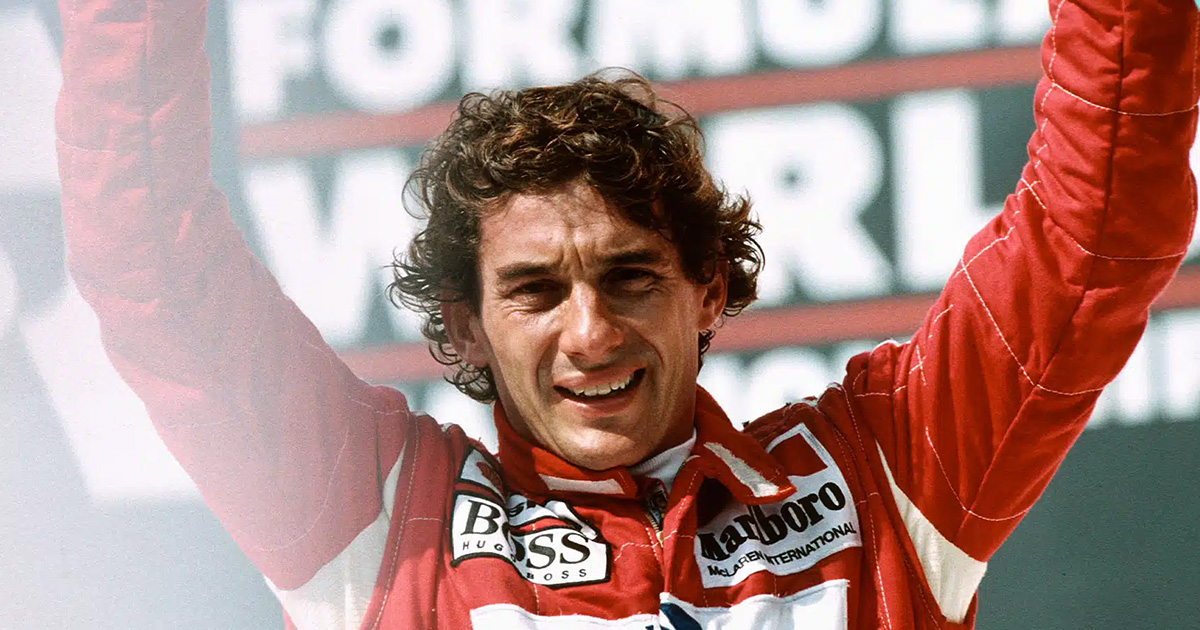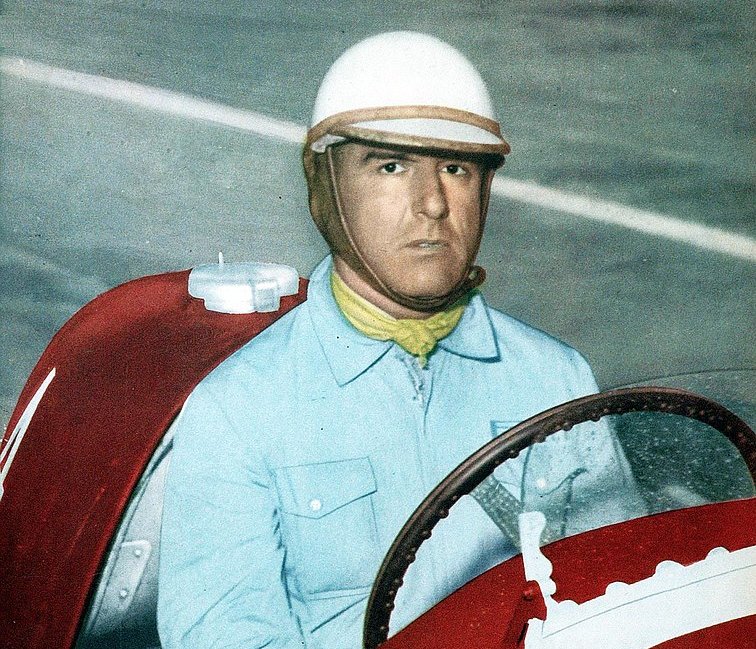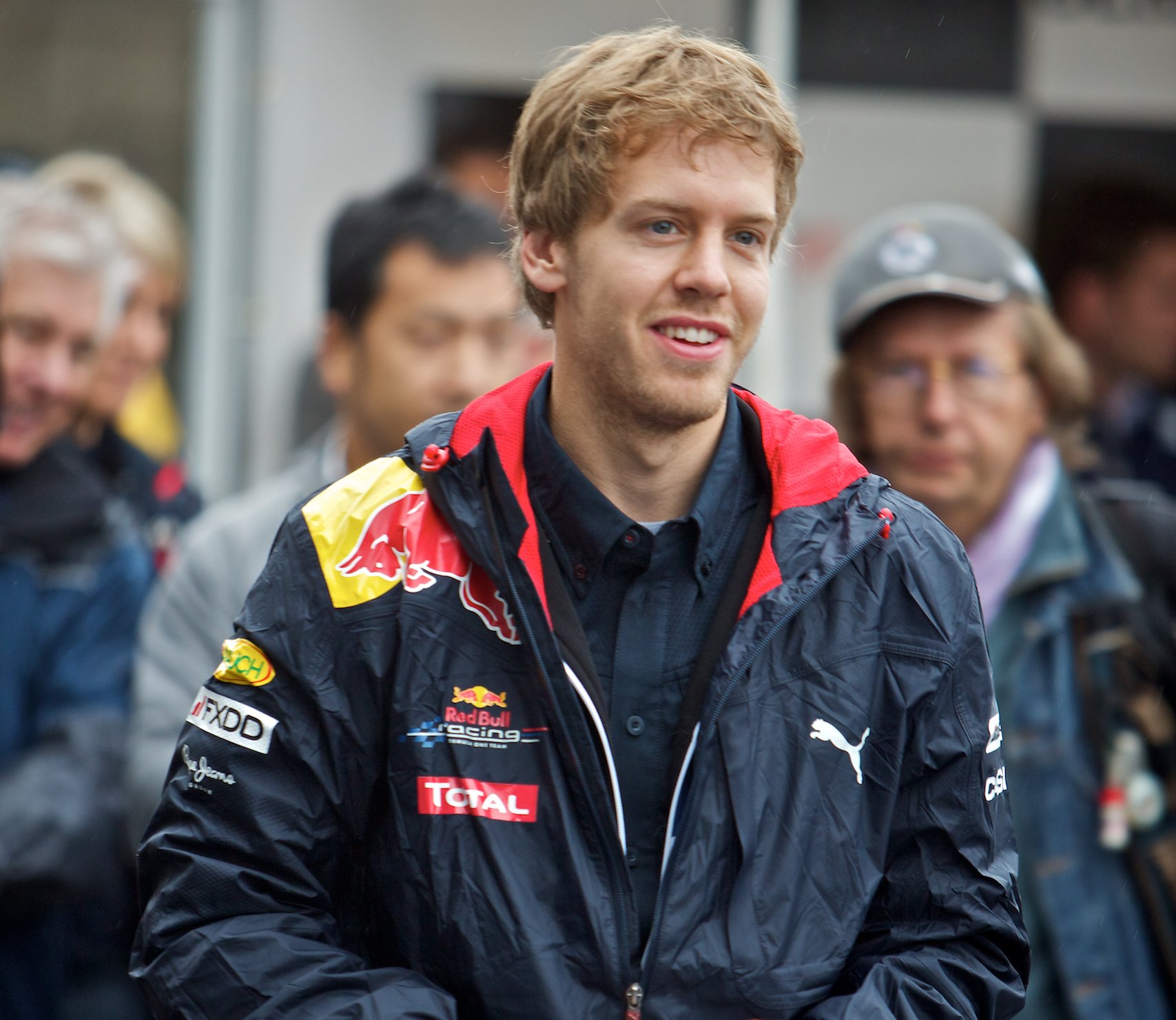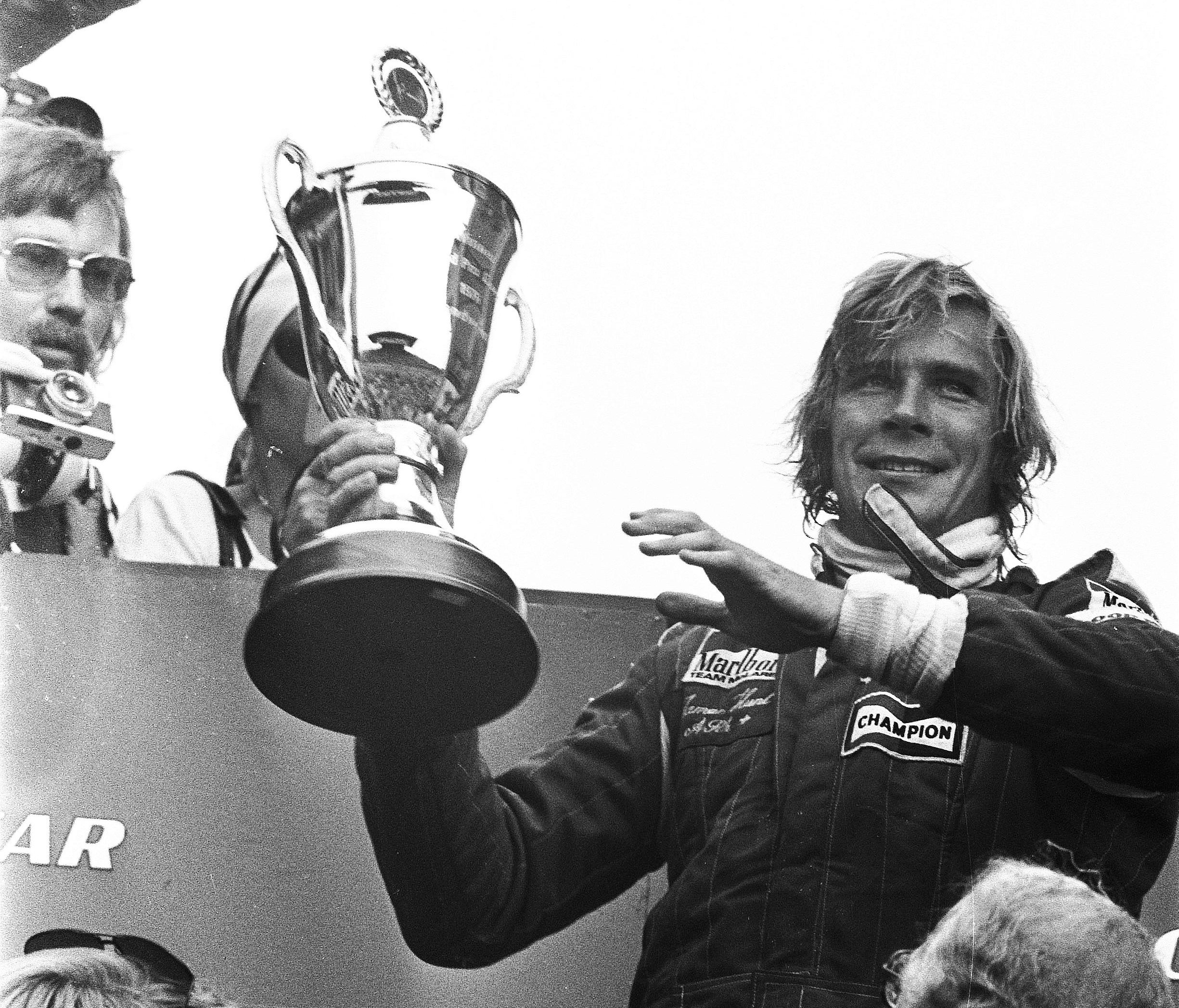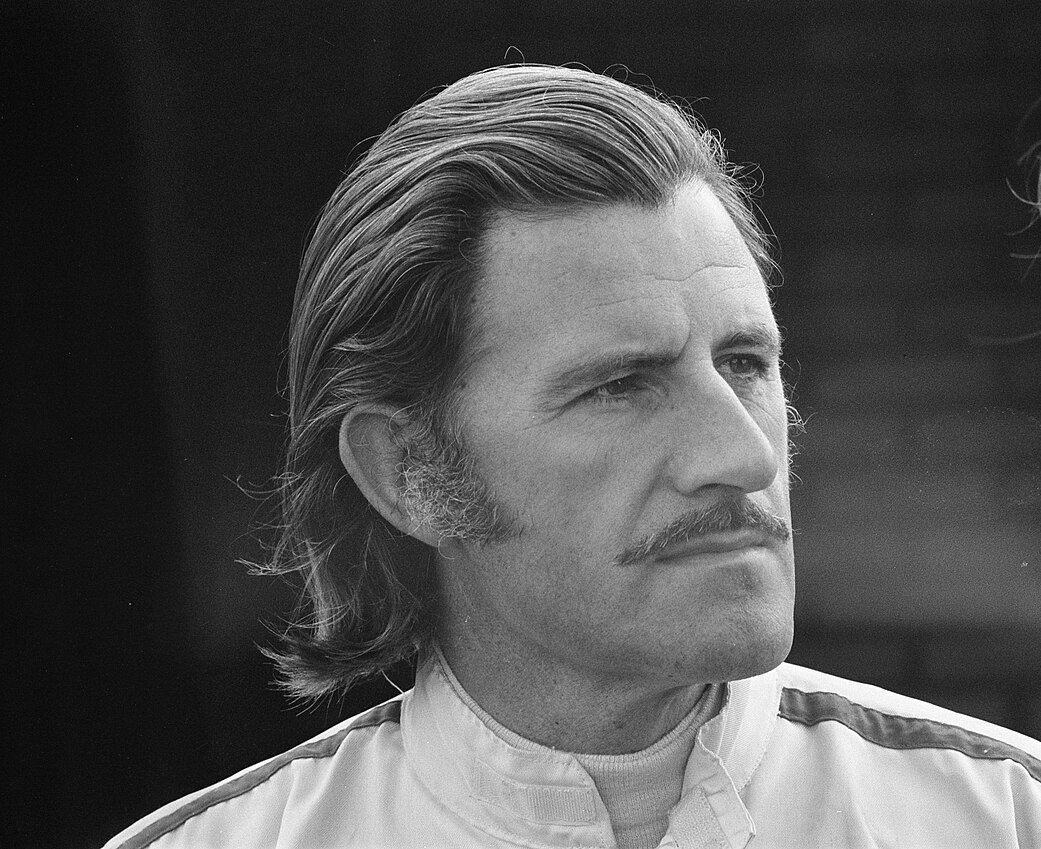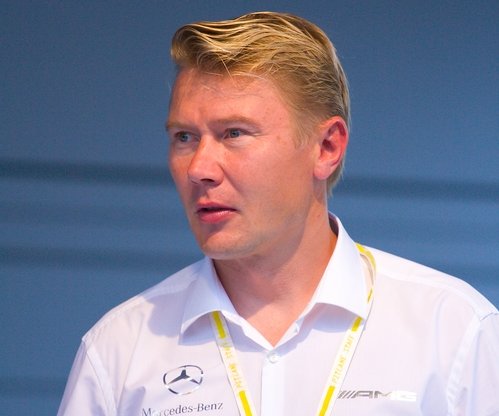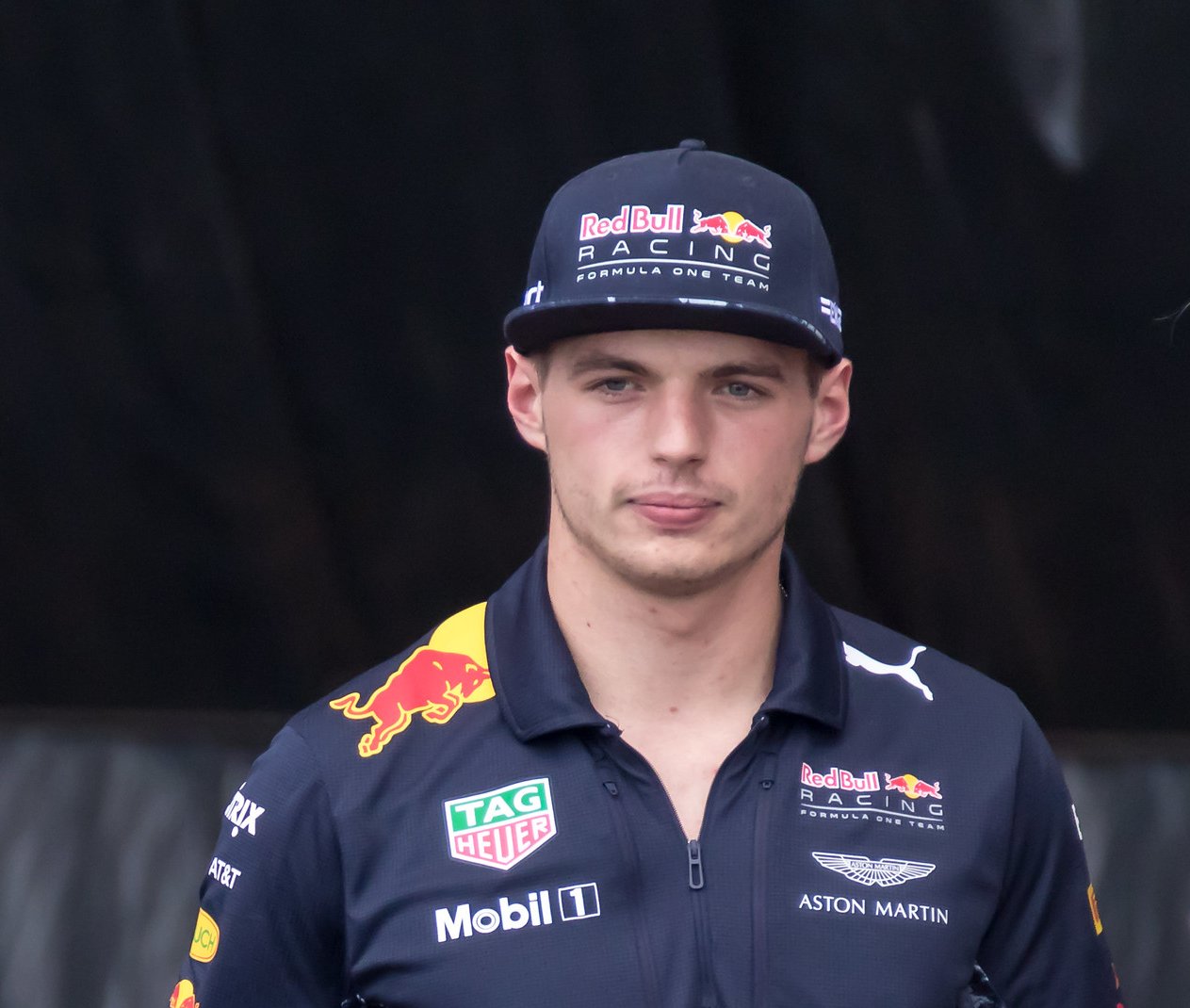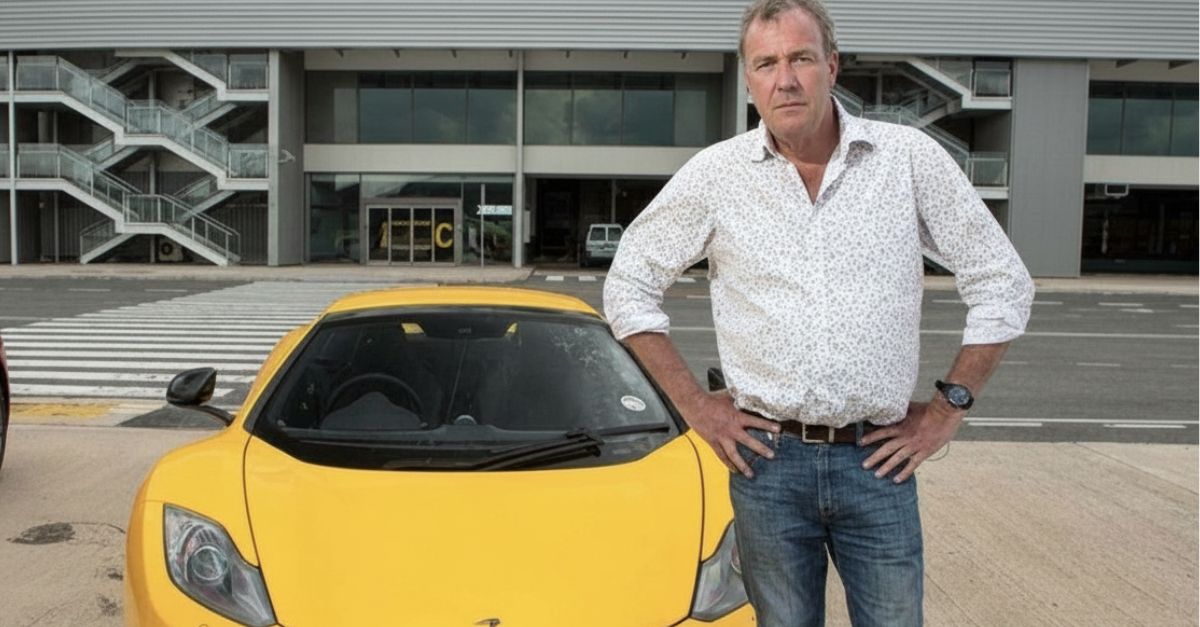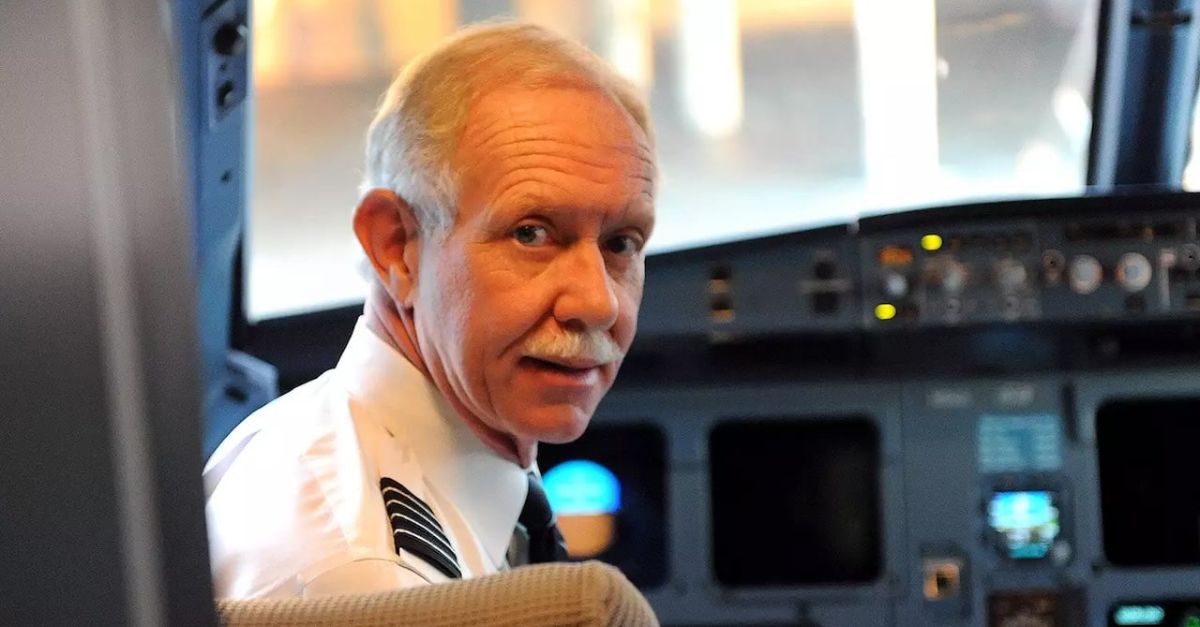In The Lead
Who are the best Formula 1 drivers? If you judge by Grand Prix wins, Lewis Hamilton’s in the lead, retired Michael Schumacher’s a little ways behind, and upstart Max Verstappen is pulling up fast in the rear-view mirror. But let’s not forget personality, reputation, and plain old nostalgia!
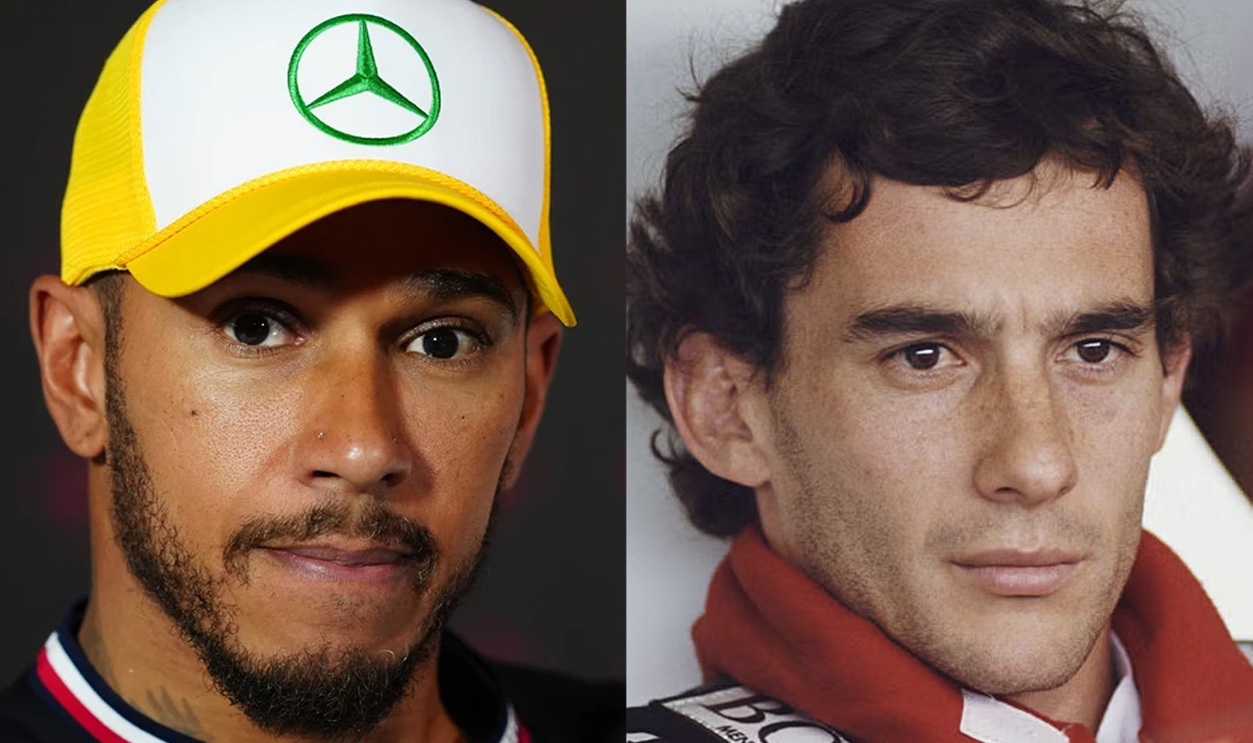
Jacky Ickx (Belgium)
Ickx’s spectacular success as an endurance driver winning six Le Mans 24 Hours shouldn’t let us forget the Austrian’s second-place F1 results in 1969 and 1970, with 25 podium wins during his F1 career and 13 fastest laps. But eventually, he devoted himself full time to sportscar racing.
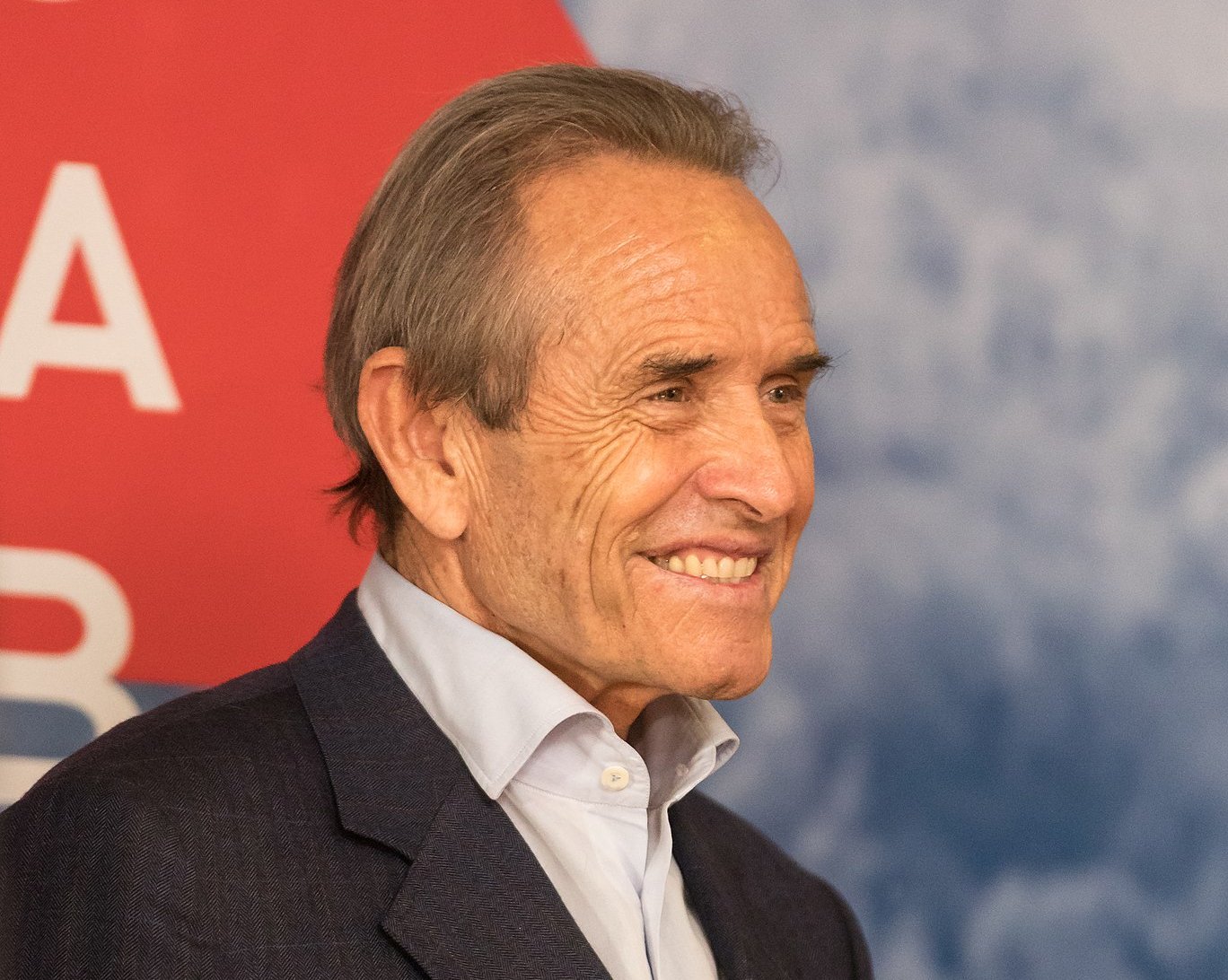 Matti Blume, CC BY-SA 4.0, Wikimedia Commons
Matti Blume, CC BY-SA 4.0, Wikimedia Commons
Gerhard Berger (Austria)
The popular Austrian’s first victory came at the 1986 Mexican Grand Prix, and saw his final, tenth victory at the 1997 German Grand Prix, where he overcame personal challenges to win. Driving for Benetton at both ends of his career, he had seats on the famed Ferrari and McLaren teams in between.
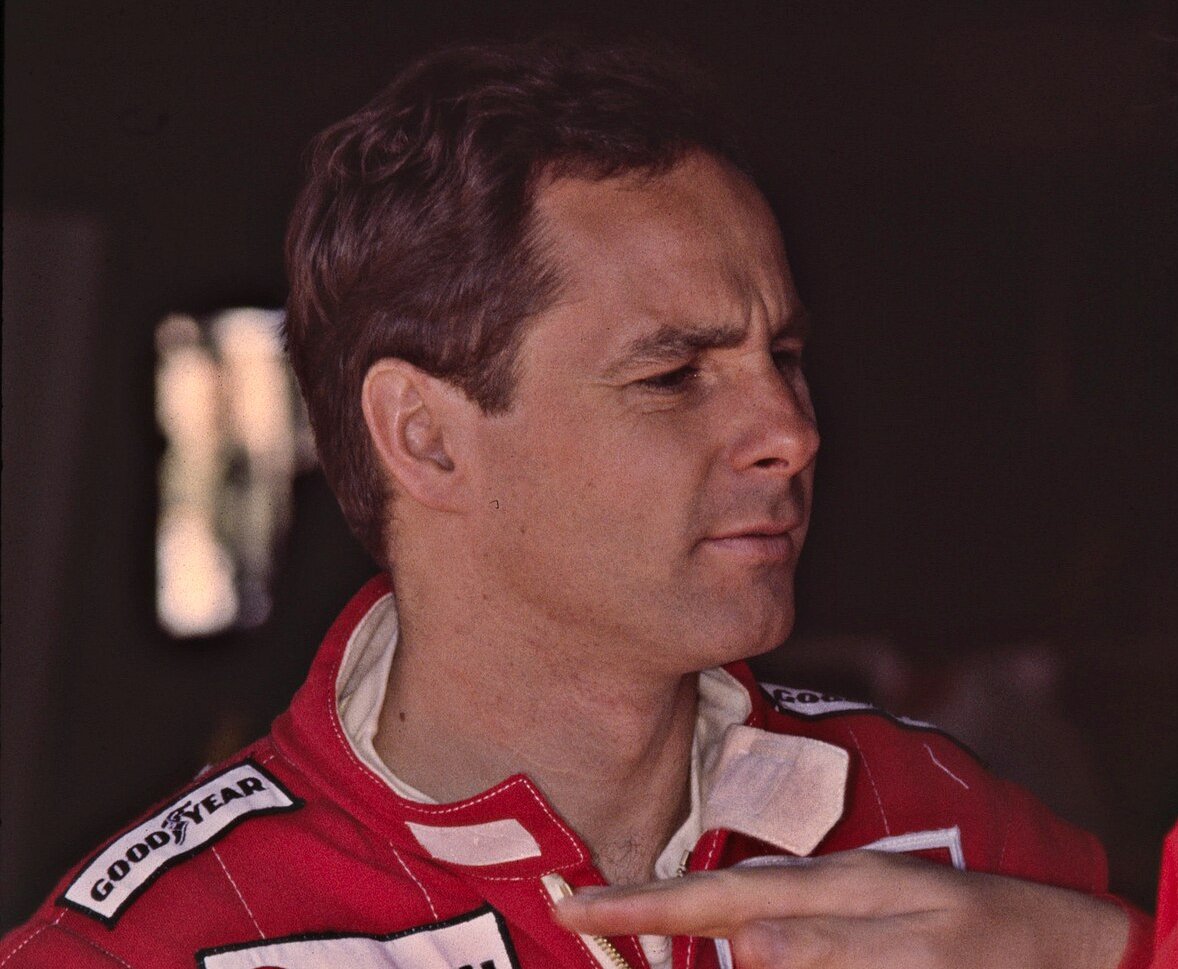 StuSeeger, CC BY 2.0, Wikimedia Commons
StuSeeger, CC BY 2.0, Wikimedia Commons
Clay Regazzoni (Switzerland)
As a Ferrari driver, Regazzoni scored his first win in Monza, Ferrari’s hometown, in 1970, with his fifth and final win at England’s Silverstone Circuit, for the Williams team in 1979. A Grand Prix accident in 1980 ended his F1 career, but he’d later race using hand-controlled vehicles.
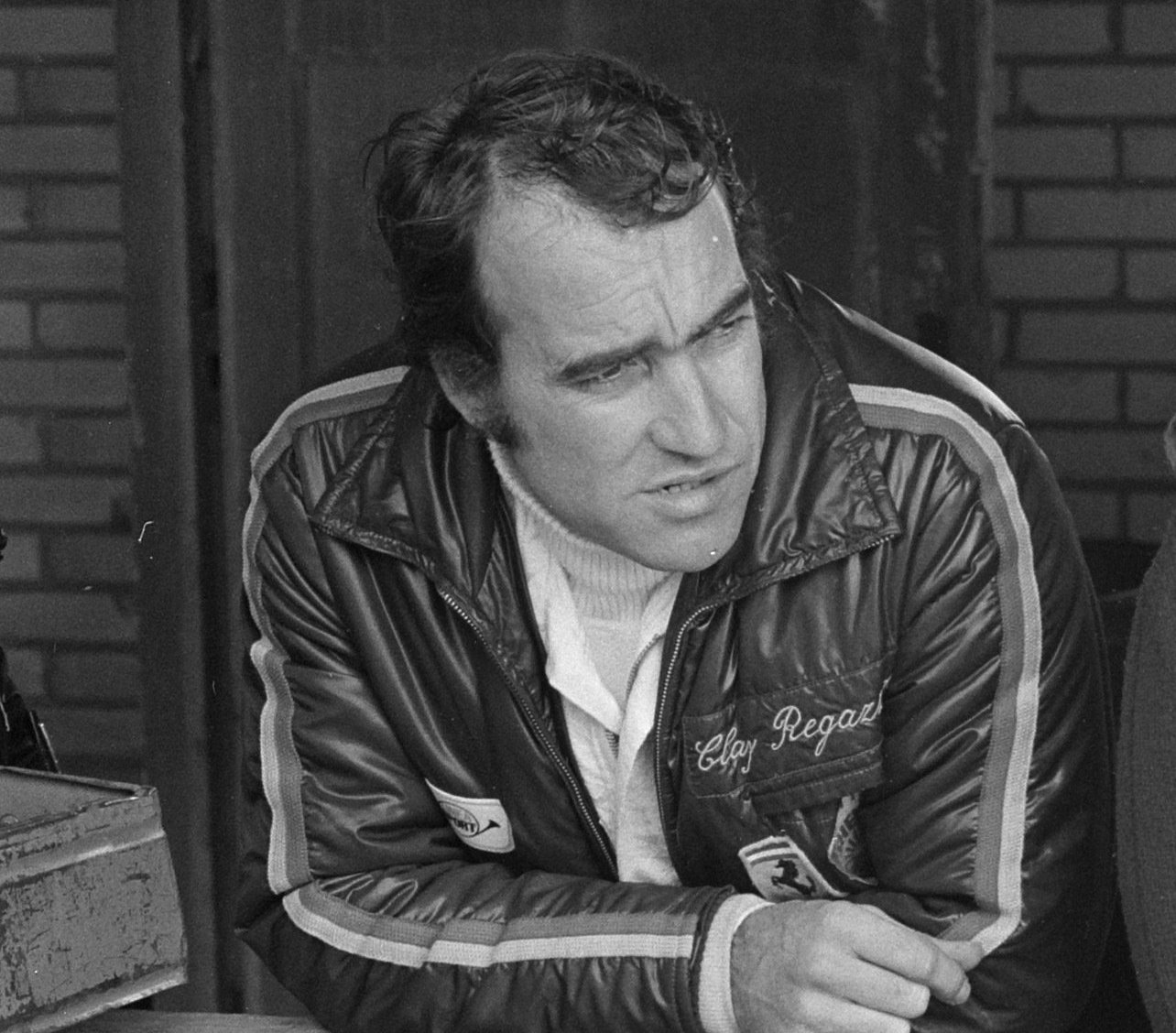 Fotograaf Onbekend, CC0, Wikimedia Commons
Fotograaf Onbekend, CC0, Wikimedia Commons
Stefan Bellof (Germany)
Whether he lacked fear or just played on that reputation, Bellof could be blindingly speedy, and lost his life in 1985 after a risky attempt to overtake Jacky Ickx in a sportscar race. He took part in just 20 Grand Prixs, making 16th place his final year, but peers saw a clear potential now lost forever.
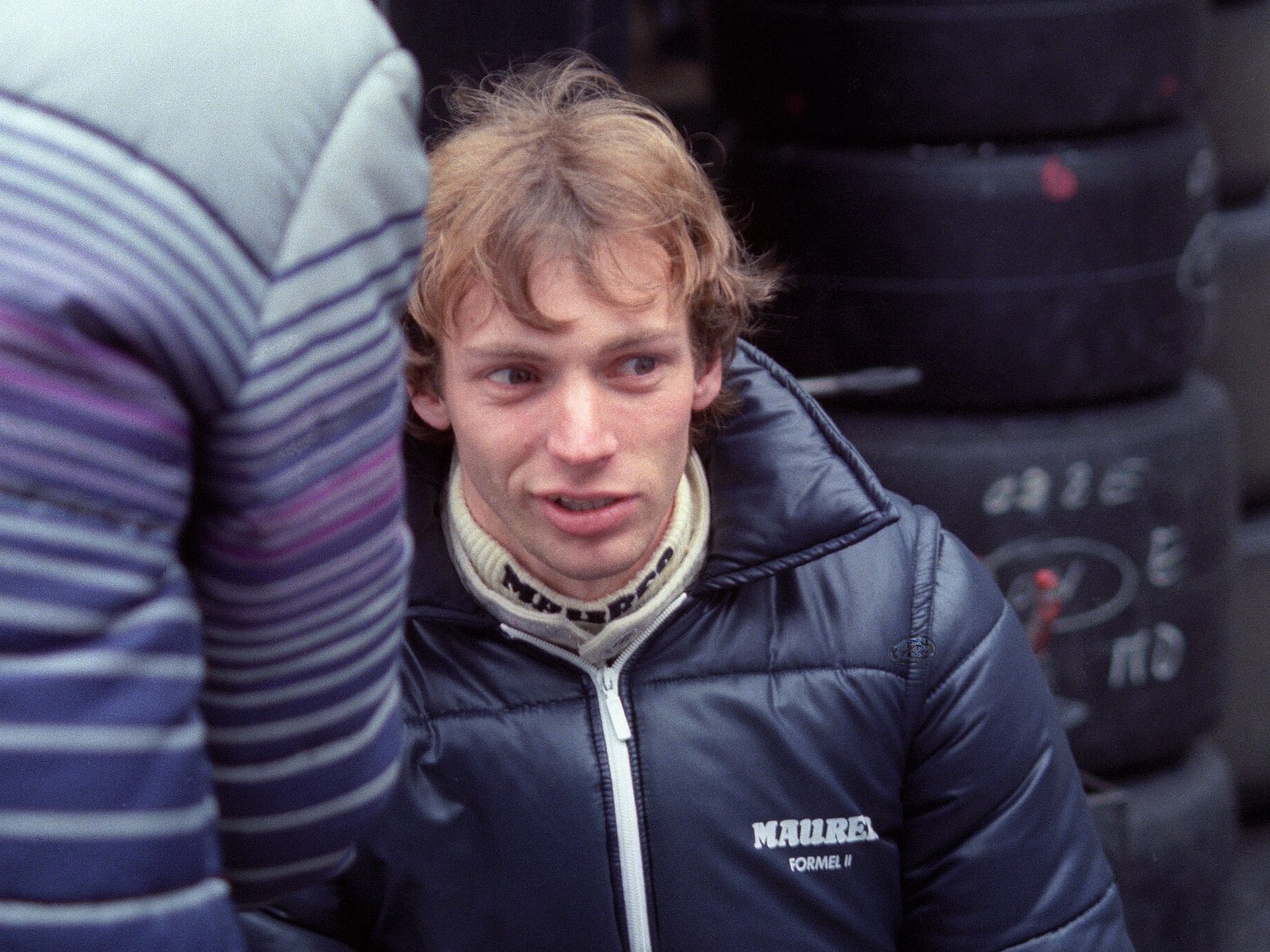 Sam-4u, CC BY-SA 4.0, Wikimedia Commons
Sam-4u, CC BY-SA 4.0, Wikimedia Commons
Carlos Reutemann (Argentina)
So close and yet so far—Reutemann failed to clinch the 1981 World Championship when Nelson Piquet Sr won the last contest by a single point. Reutemann had refused team orders months earlier, so Williams teammate Alan Jones withheld strategic help at the last race of the season.
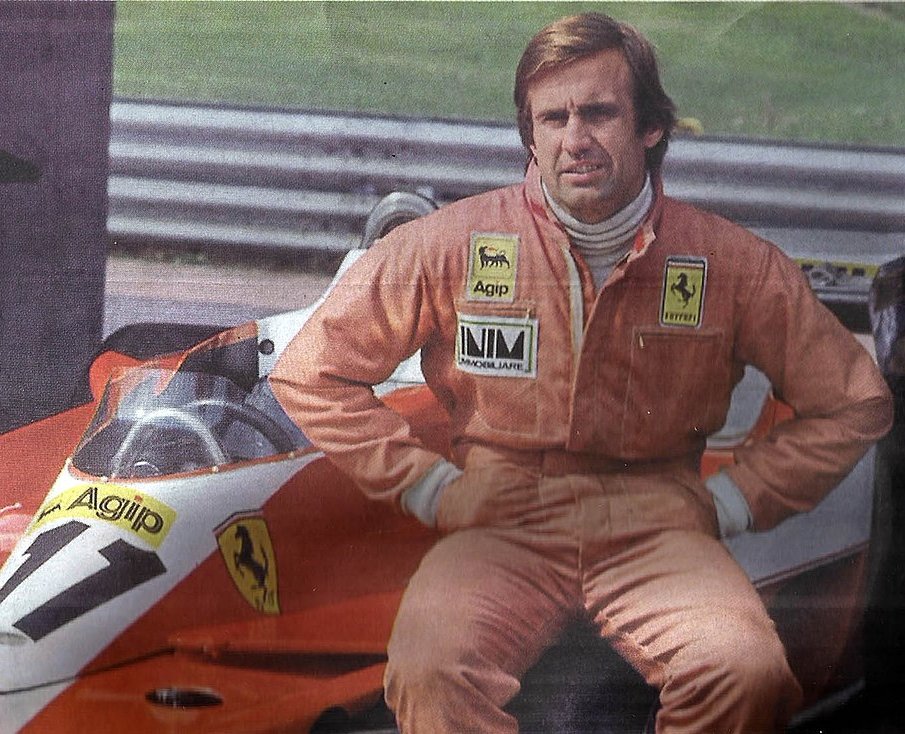 Clarín newspaper, Wikimedia Commons
Clarín newspaper, Wikimedia Commons
Phil Hill (USA)
In 1961, Hill became the first American to win an F1 championship, marred only by unfair criticism that this came only after Ferrari teammate Wolfgang von Trips lost his life at the Italian Grand Prix. A year later, Hill moved to ill-fated ATS, made up of ex-Ferrari engineers.
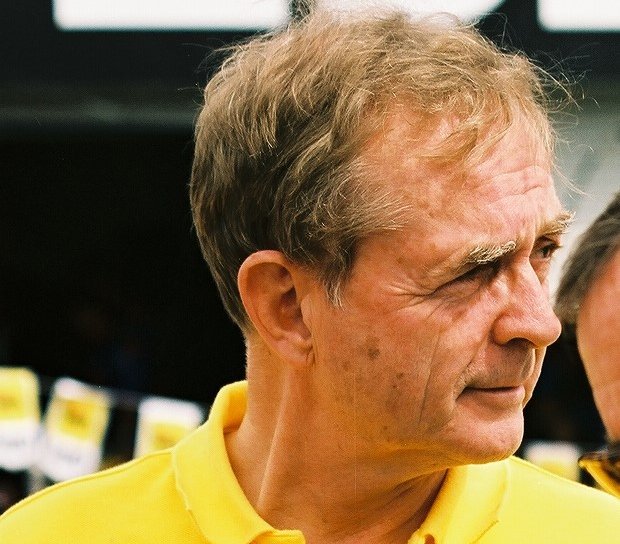 Stuart Seeger, CC BY 2.0, Wikimedia Commons
Stuart Seeger, CC BY 2.0, Wikimedia Commons
Giuseppe Farina (Italy)
Already in his 40s, Farina won F1’s very first world championship in 1950, beating Alfa Romeo teammate Juan Manuel Fangio. But the younger Fangio had his revenge the next year, speeding to victory. Farina’s racing career would slow to a stop by the middle of the decade.
Alan Jones (Australia)
The force behind the Williams team’s jump from middle of the pack to world champions, Jones won the F1 Championship in 1980, though rivalry with teammate Carlos Reutemann kept Jones out of the championship the next year. He quit the team, and his career slowly petered out.
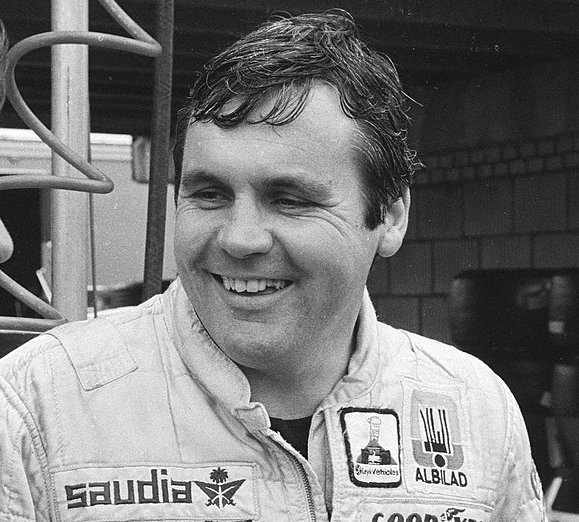 NL-HaNA, CC0, Wikimedia Commons
NL-HaNA, CC0, Wikimedia Commons
Jenson Button (UK)
Bounced from team to team, Button ended up with BAR, which was then bought by Honda. But Honda lost interest and sold the team to Brawn GP, Honda’s former constructor. Brawn lasted just one year, but it was long enough to get Button to the top of the 2009 World Championship.
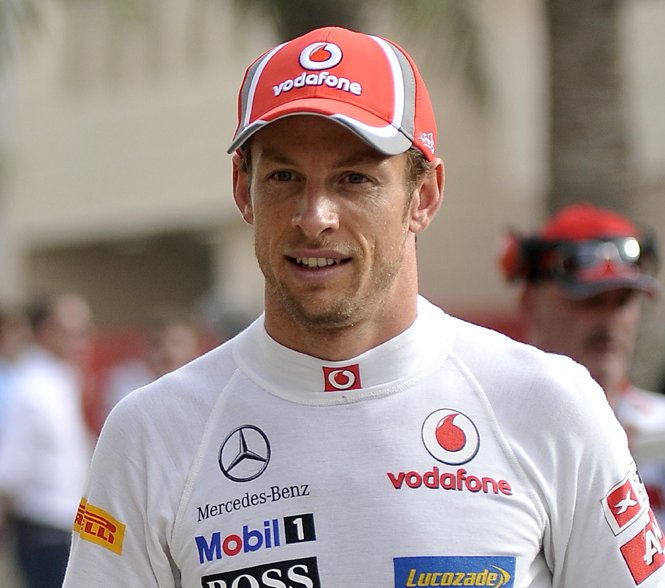 Ryan Bayona, CC BY 2.0, Wikimedia Commons
Ryan Bayona, CC BY 2.0, Wikimedia Commons
François Cevert (France)
Cevert showed great promise and was Jackie Stewart’s Tyrrell teammate until he lost his life at a qualifying run for the very last race of the 1973 season. Stewart already had the points to win his third F1 championship, had privately decided to retire, and was planning to make Cevert team leader.
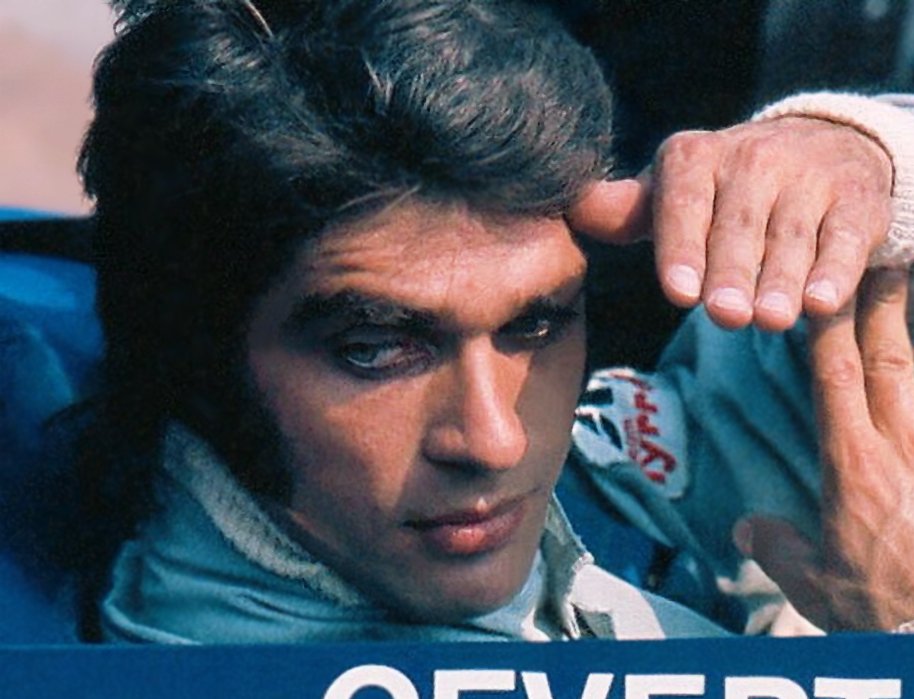 Raimund Kommer, CC BY-SA 3.0, Wikimedia Commons
Raimund Kommer, CC BY-SA 3.0, Wikimedia Commons
Dan Gurney (USA)
Although never an F1 champion, this American racer won races for Porsche, Brabham, and his own car. But he’s likely most famous for what’s now called the Gurney flap, a small strip on a wing boosting a car’s downforce. Gurney also started the tradition of spraying champagne.
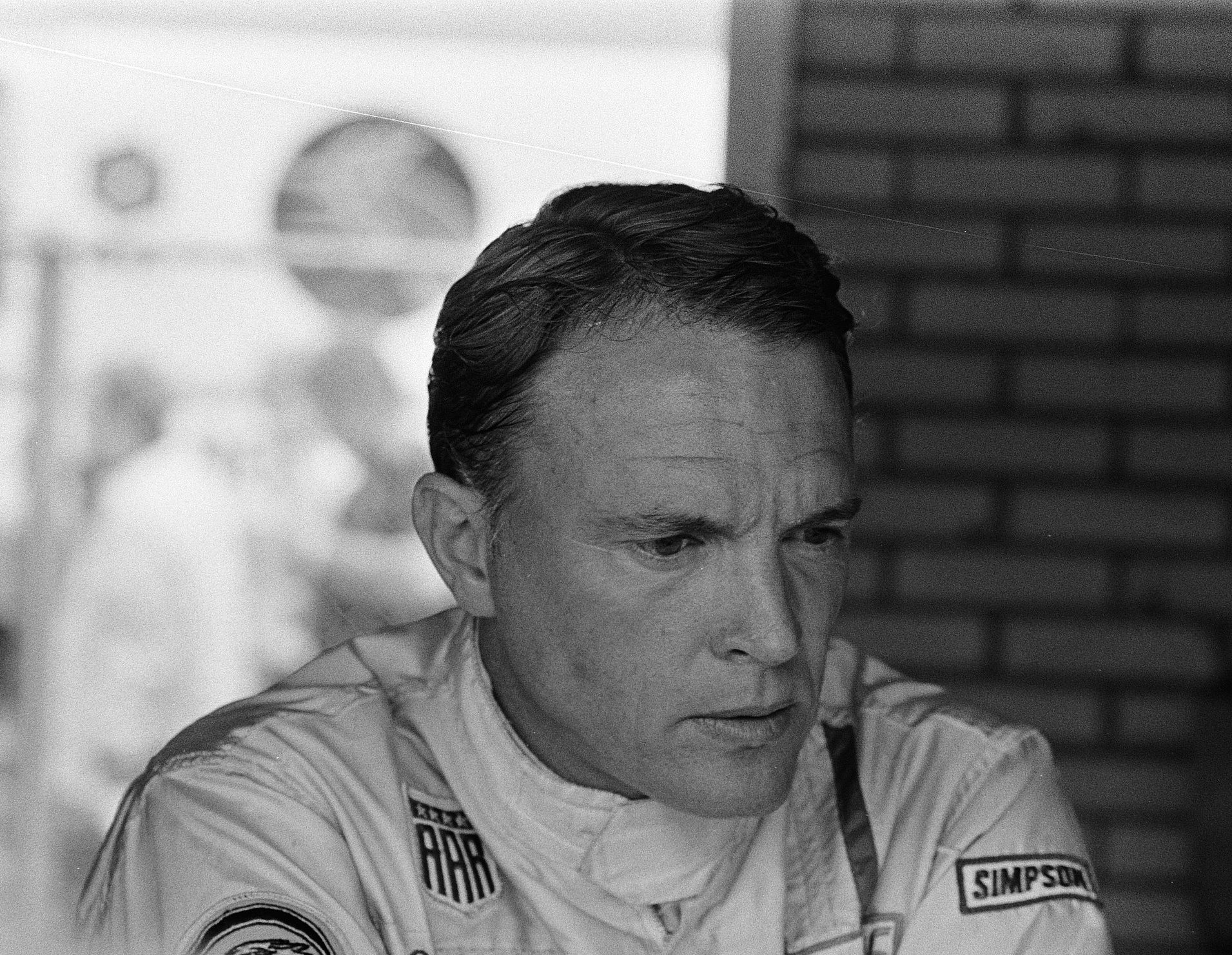 Evers Joost, CC BY-SA 3.0, Wikimedia Commons
Evers Joost, CC BY-SA 3.0, Wikimedia Commons
Sebastian Vettel (Germany)
F1’s youngest race winner, Vettel would go on to win the 2010 F1 Championship, making him the youngest winner there too, and then won the next three years as well. Though his career slowed, after retiring in 2022, he ranked fourth for race victories and third for podium finishes.
Keke Rosberg (Finland)
Finland’s first world champion gained the title on points in 1982, having won only one race all season. Rosberg was never to become F1 world champion again, although he placed third in 1985, the same year he hit a record 160 mph for a qualifying lap, a record that stood until 2002.
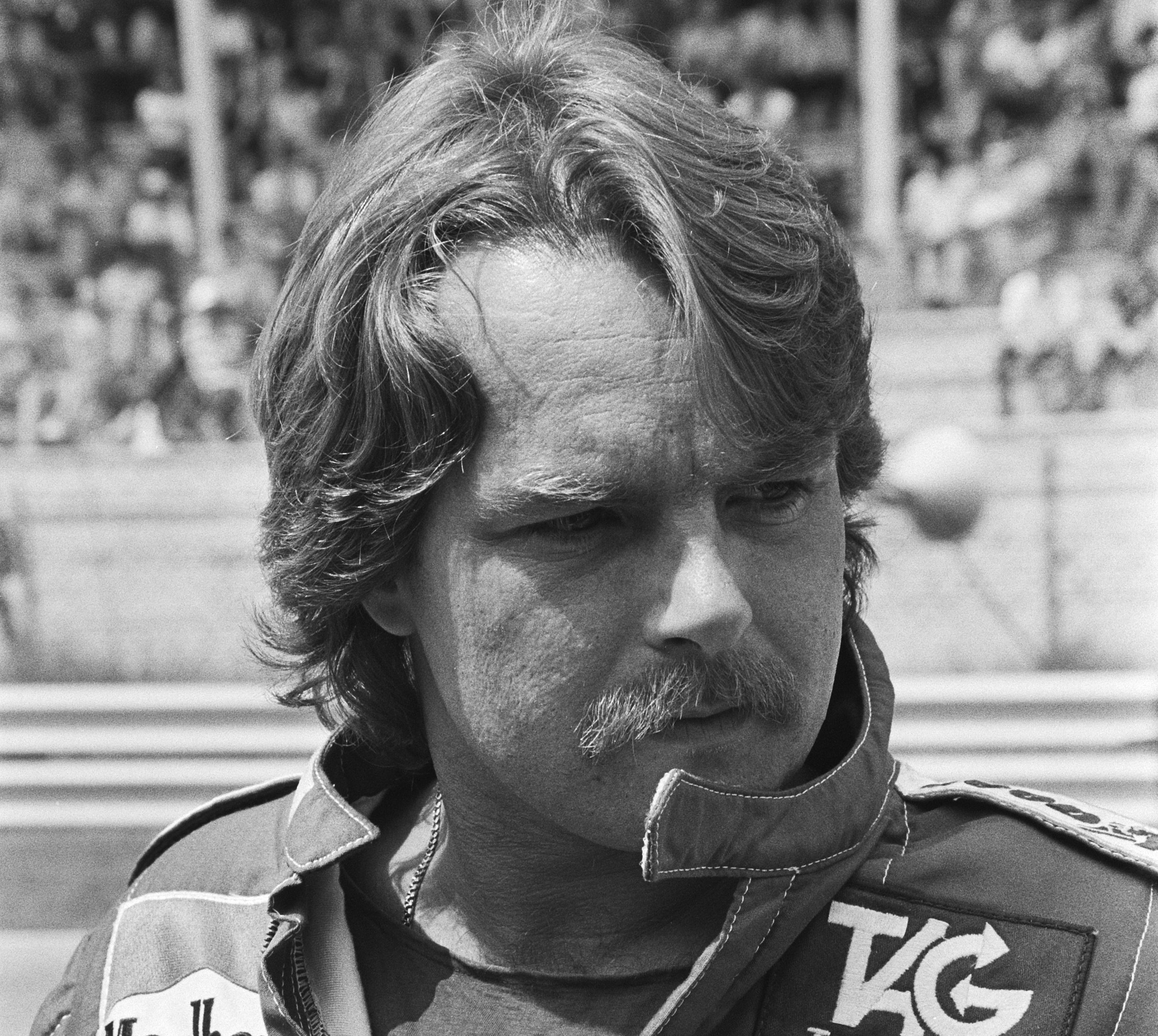 Hans van Dijk, CC0, Wikimedia Commons
Hans van Dijk, CC0, Wikimedia Commons
James Hunt (UK)
The 1976 F1 season was so dramatic that it inspired a 2013 movie, Rush. Hunt’s rival, Niki Lauda, was severely burned at the German Grand Prix and, for safety’s sake, withdrew from a torrentially rainy Japanese Grand Prix. This led to Hunt eventually winning the World Championship by one point.
John Surtees (UK)
Surtees had a podium finish in his second race in 1960, and just four years later, he was F1 world champion. But he was severely injured in a Can-Am race the next year, and his return to the Ferrari team was contentious, leading to him quitting halfway through the 1966 season.
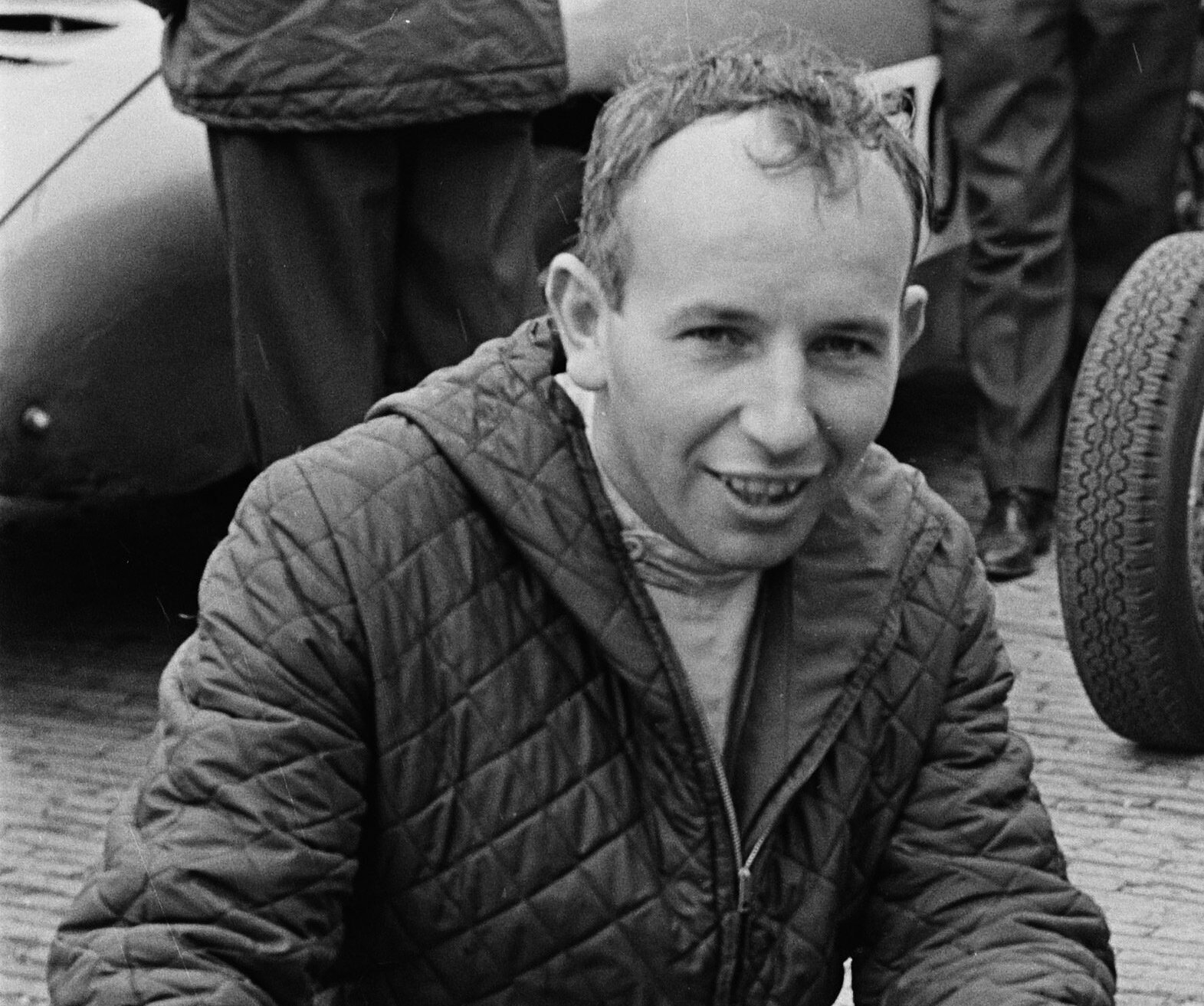 Harry Pot, CC0, Wikimedia Commons
Harry Pot, CC0, Wikimedia Commons
Kimi Räikkönen (Finland)
Although he won seven Grands Prix for McLaren in 2005, an erratic car at season start let Renault’s Fernando Alonso race ahead. Moving to Ferrari in 2007, Räikkönen won the F1 World Championship, but switched to rally cars after Ferrari replaced him with Alonso in 2010.
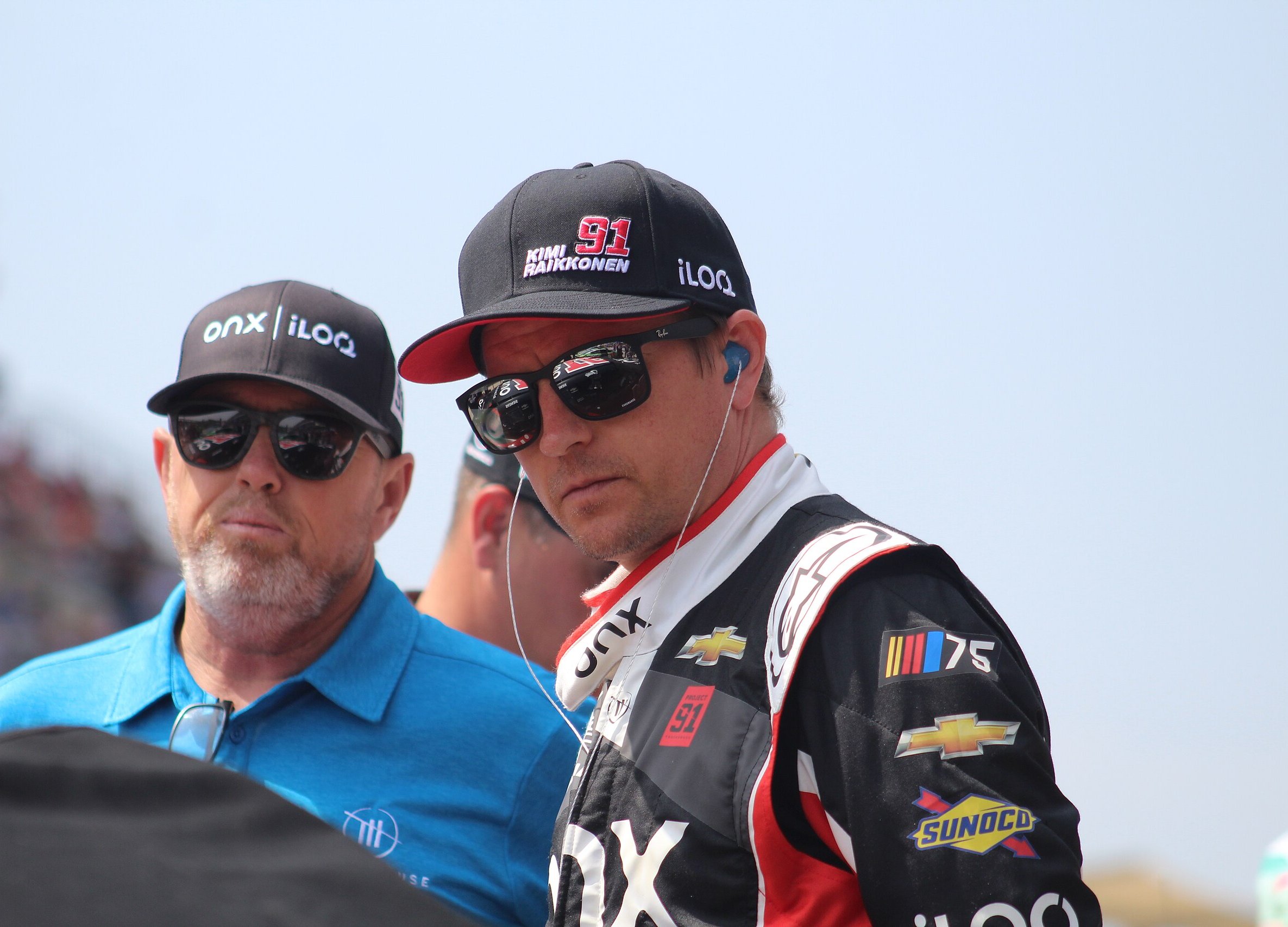 Zach Catanzareti, CC BY 2.0, Wikimedia Commons
Zach Catanzareti, CC BY 2.0, Wikimedia Commons
Graham Hill (United Kingdom)
A British racing driver driving British cars, Hill won the championship for BRM in 1962, and in 1968 for Team Lotus as it reeled from Jim Clark’s fatal accident. Hill kept on with F1 races until he failed to qualify for the 1975 Monaco Grand Prix, then lost his life in a plane crash soon after.
Mario Andretti (USA)
This racing superstar had a bumpy start with Ferrari and Parnelli, but Lotus put him on the path to victory at the 1978 World Championship—and six of its Grands Prix. He’s the only person to win the F1 Championship, the Indianapolis 500 (in 1969), and the Daytona 500 (in 1967).
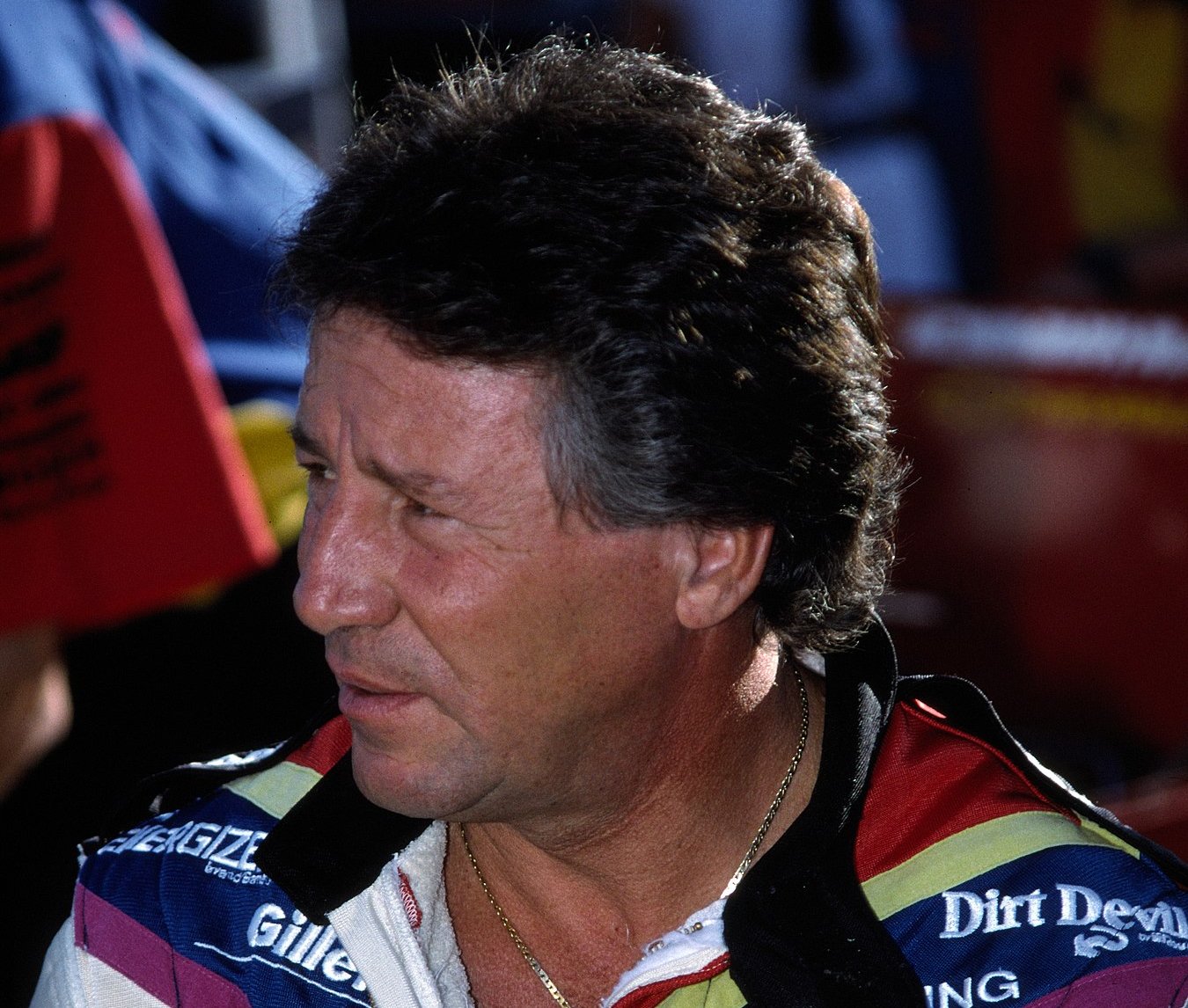 Stuart Seeger, CC BY 2.0, Wikimedia Commons
Stuart Seeger, CC BY 2.0, Wikimedia Commons
Ronnie Peterson (Sweden)
“SuperSwede” enjoyed sidestepping conventional aerodynamics and aggressively sliding his way through qualifying races, but he never could quite slide into a World Championship. His career was tragically cut short from complications after a crash at the 1978 Italian Grand Prix.
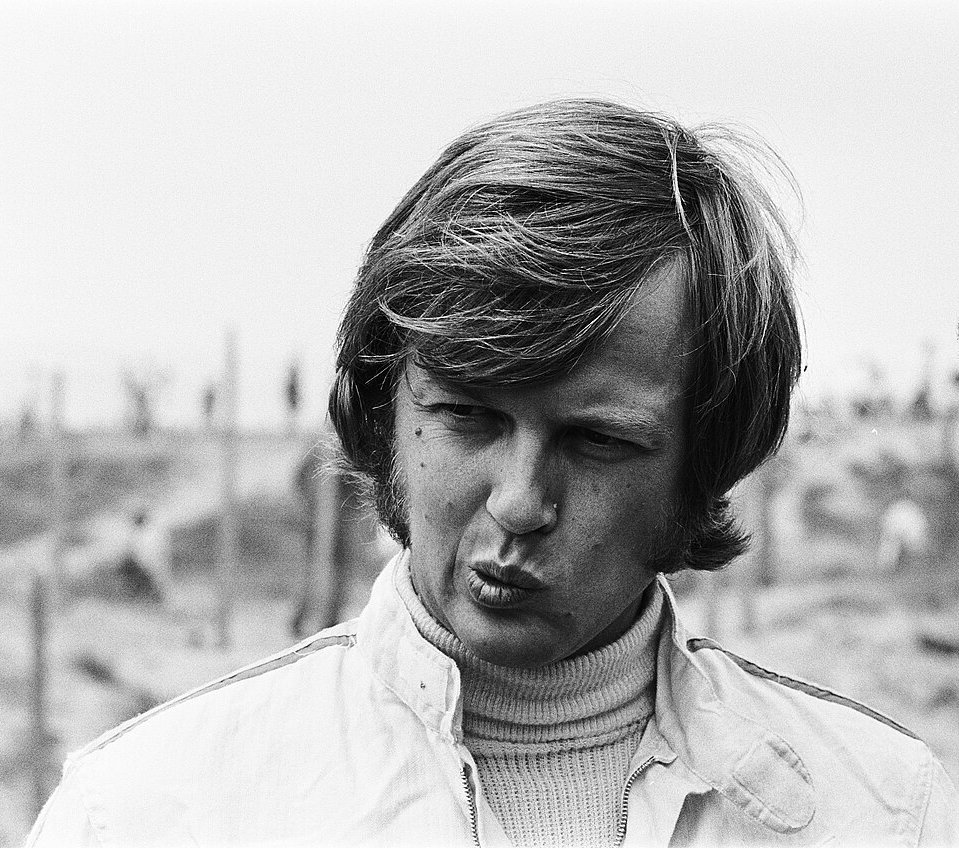 Joost Evers, CC0, Wikimedia Commons
Joost Evers, CC0, Wikimedia Commons
Jack Brabham (Australia)
By the time this Australian of few words had won the 1966 World Championship, he’d set up his own team, turned 40, and could add this latest win to his first two Championship victories with Cooper in 1959 and 1960. His driving style was pretty blunt, but it was a winning driving style!
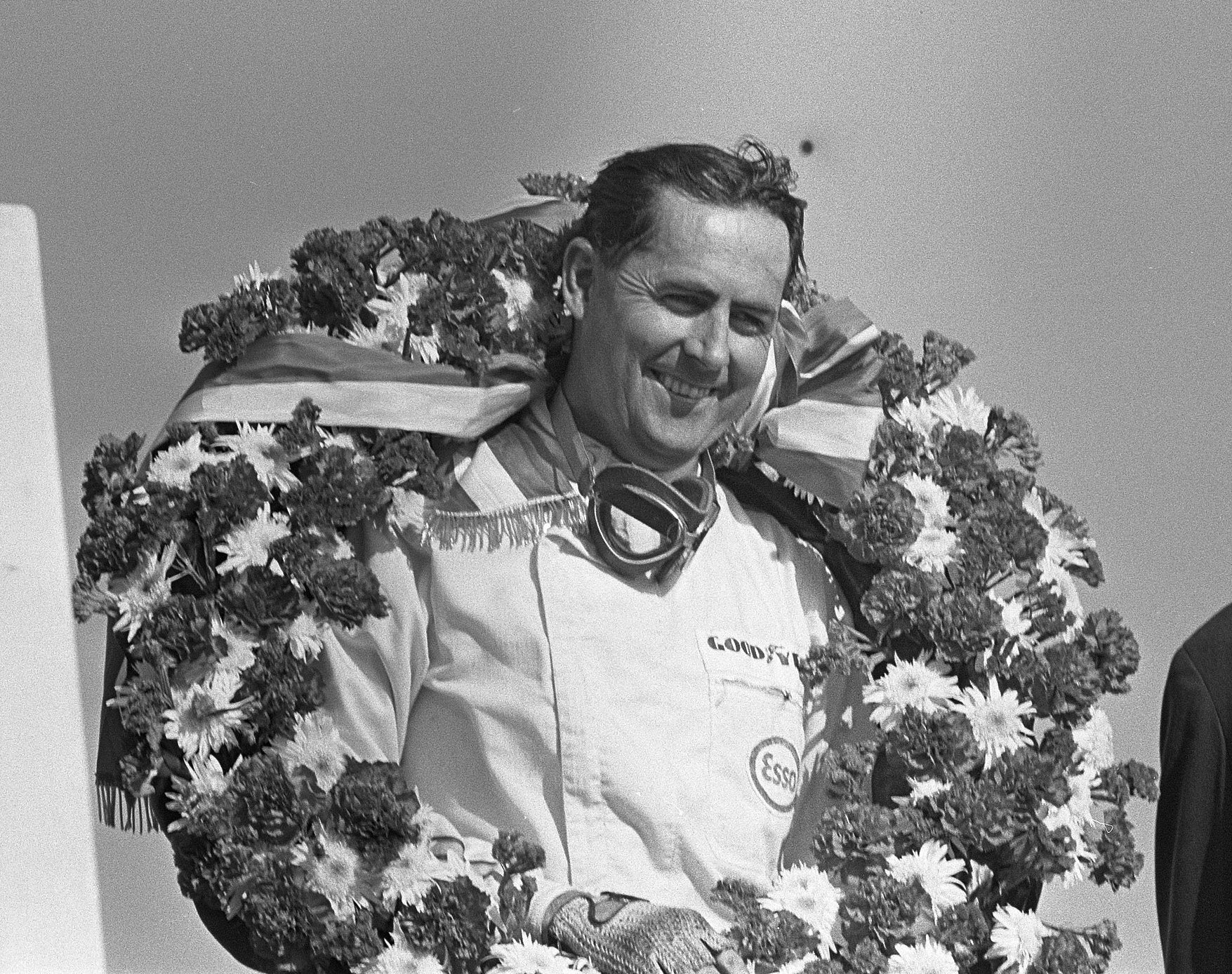 Eric Koch, CC BY-SA 3.0, Wikimedia Commons
Eric Koch, CC BY-SA 3.0, Wikimedia Commons
Alberto Ascari (Italy)
Originally a motorbike racer, Ascari set longstanding records for percentage of wins per season and consecutive races won, and he secured the 1952 and 1953 F1 World Championships. Sadly, he lost his life in 1955 while testing a Ferrari sportscar without his lucky blue helmet.
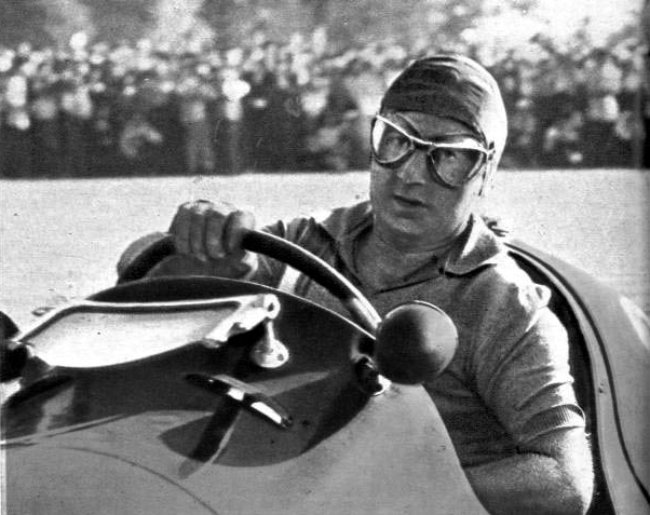 Unknown Author, Wikimedia Commons
Unknown Author, Wikimedia Commons
Mika Häkkinen (Finland)
An emergency tracheotomy saved Häkkinen’s life in 1995 after a crash in Adelaide, allowing the Finn to win the World Championship for McLaren in 1998 and 1999. He memorably won a 2000 race after Michael Schumacher nudged him onto grass, passing the German just one lap later.
Jochen Rindt (Austria)
Working with Lotus mastermind Colin Chapman, Rindt left disappointing years with Cooper and Brabham for both triumph and tragedy. In 1970, he won five of his last six races before an accident made him the first and only posthumously recognized F1 World Champion.
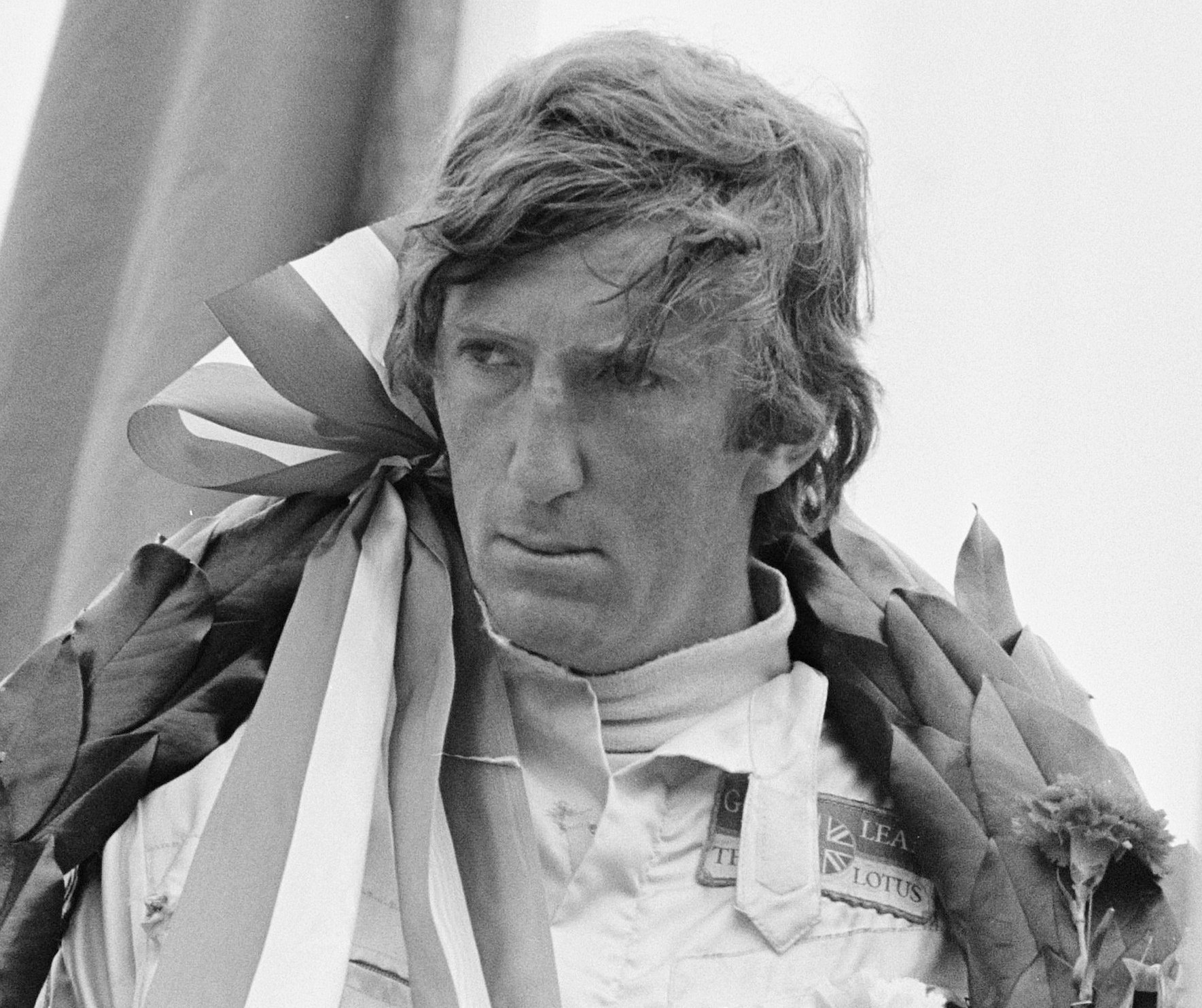 Evers Joost, CC BY-SA 3.0, Wikimedia Commons
Evers Joost, CC BY-SA 3.0, Wikimedia Commons
Nelson Piquet Sr (Brazil)
Piquet moved from tennis to karting in Brazil to Formula 3 in Europe. He won the F1 World Championship in 1981 and 1983 for Brabham, and in 1987 for Williams amid a bitter battle with teammate Nigel Mansell. He left Formula 1 in 1991, and tried the Indy 500 for a couple of years.
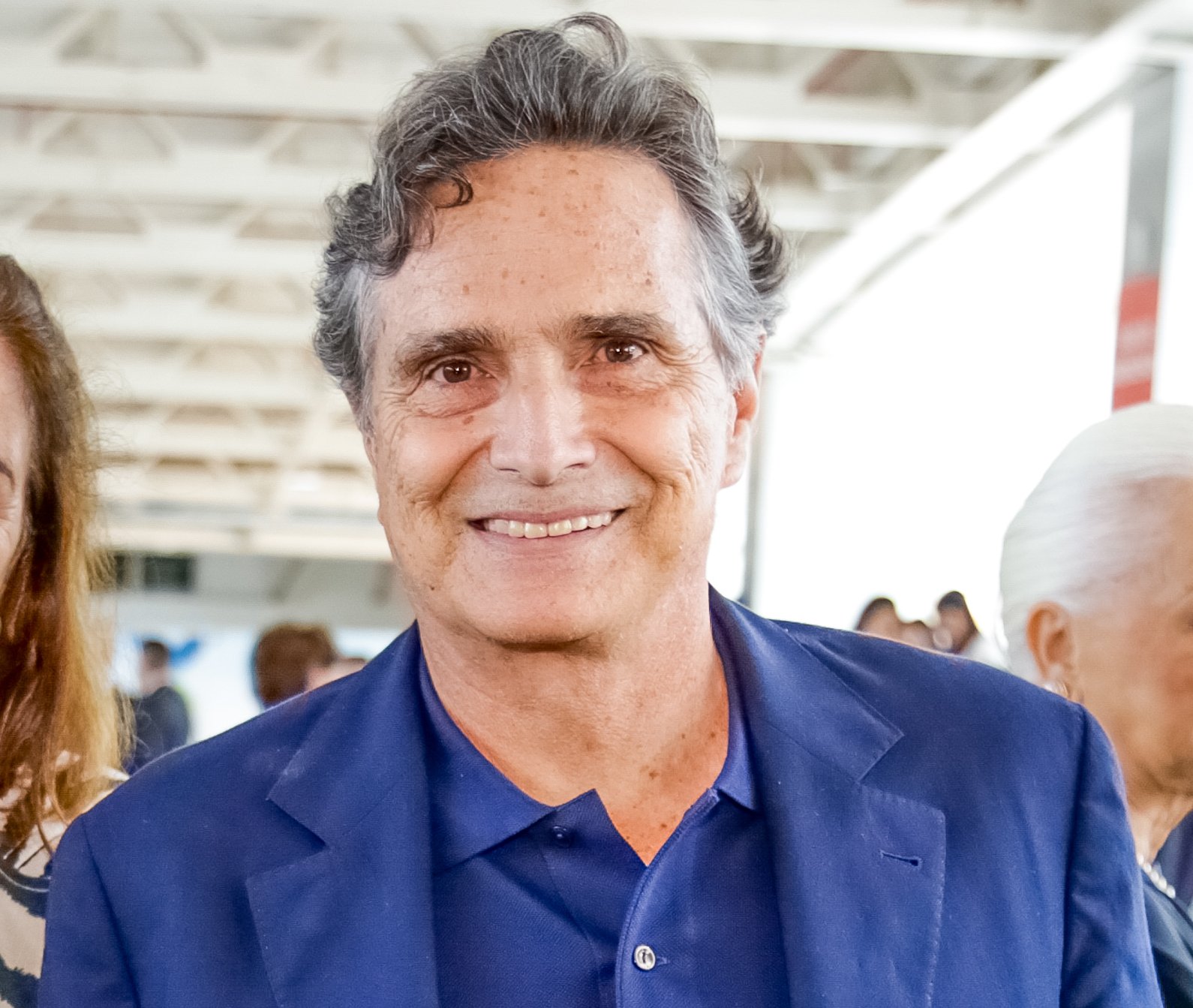 Agência Brasília, CC BY 2.0, Wikimedia Commons
Agência Brasília, CC BY 2.0, Wikimedia Commons
Emerson Fittipaldi (Brazil)
Fittipaldi lined up for Graham Hill’s autograph in 1969, then a year later joined Lotus himself. A meticulous driver, Fittipaldi broke records for youngest driver to win a Grand Prix (in 1970) and a World Championship (in 1972). He’d also be crowned Champion in 1974, this time for McLaren.
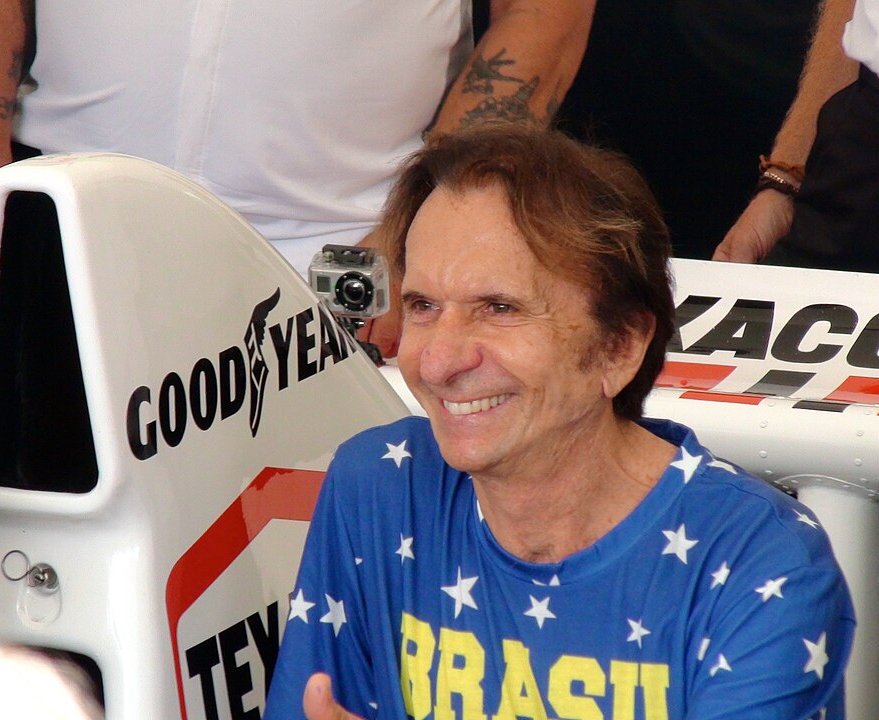 Phil Guest, CC BY-SA 2.0, Wikimedia Commons
Phil Guest, CC BY-SA 2.0, Wikimedia Commons
Nigel Mansell (UK)
Mansell started in even more races before winning a World Championship than Jenson Button had to, but his time would eventually come in 1992, arithmetically clinching the crown in August of that year. Only Michael Schumacher could rival the records Mansell broke that season.
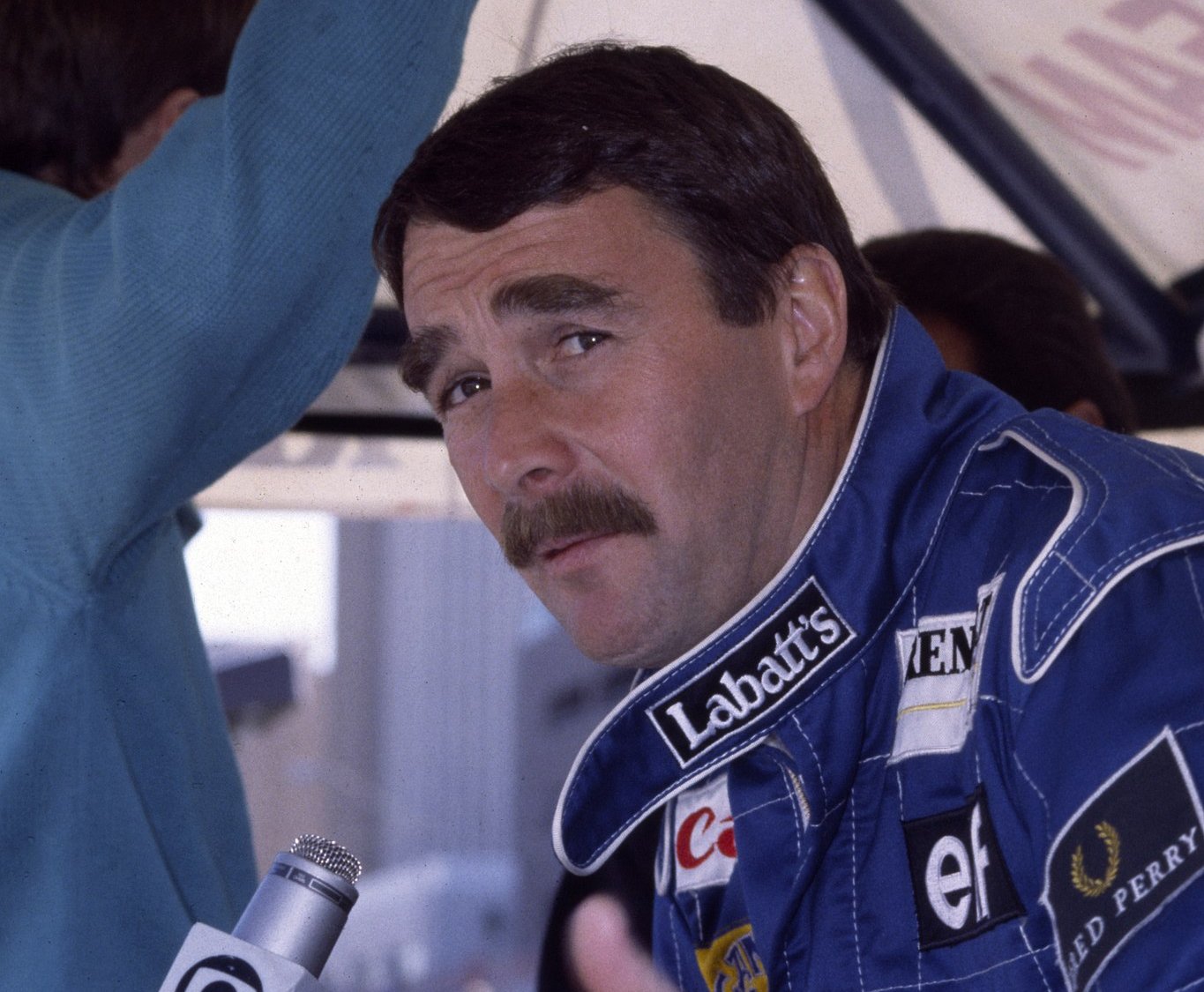 Stuart Seeger, CC BY 2.0, Wikimedia Commons
Stuart Seeger, CC BY 2.0, Wikimedia Commons
Gilles Villeneuve (Canada)
Known for his need for speed, Gilles Villeneuve won just six Grands Prix, but the shock he gave Ferrari teammate Jody Scheckter at a practice session was nothing new: Villeneuve had beaten him by nearly ten seconds. After just 67 championship races, Villeneuve lost his life in a 1982 qualifying race.
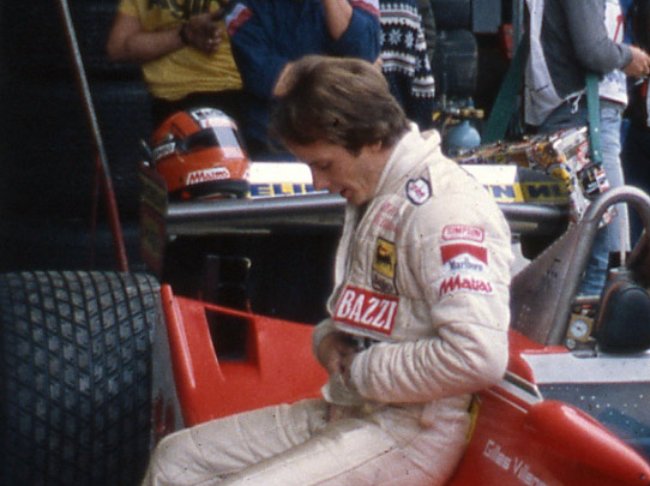 ideogibs, CC BY-SA 2.0, Wikimedia Commons
ideogibs, CC BY-SA 2.0, Wikimedia Commons
Fernando Alonso (Spain)
Alonso put the brakes on Michael Schumacher’s victory laps with his own Championship wins for Renault in 2005 and 2006, but his temper got the better of him with McLaren the next year. He’s still racing, though, and went back to McLaren in 2014, before moving to Alpine and Aston Martin.
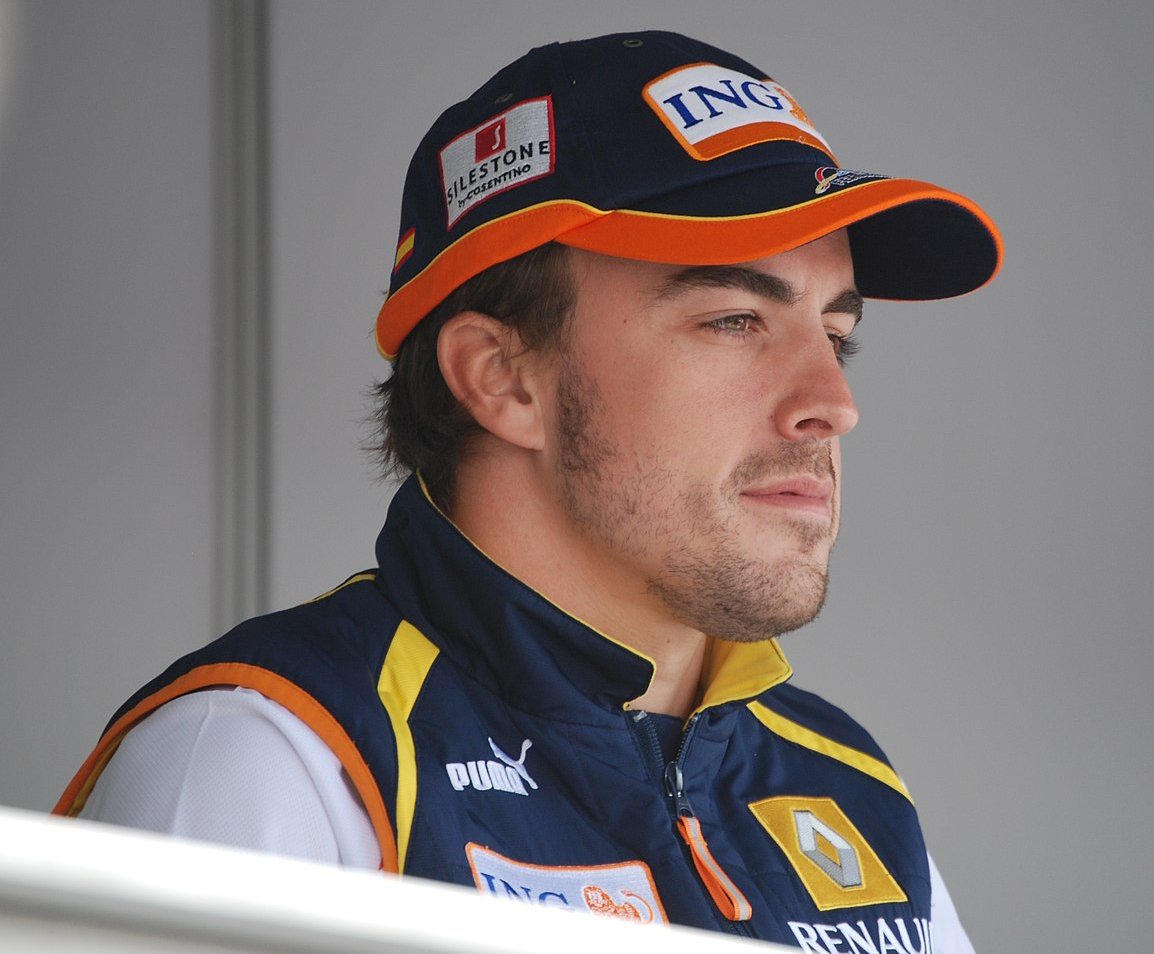 Ann64, CC BY-SA 2.0, Wikimedia Commons
Ann64, CC BY-SA 2.0, Wikimedia Commons
Stirling Moss (UK)
Never a World Champion, Moss’s reputation still soared high with spectacular Grand Prix victories including besting Juan Manuel Fangio in 1957, driving an underpowered two-liter Cooper to win a 1958 Grand Prix, and twice defeating Ferraris in 1961 with his privateer Lotus.
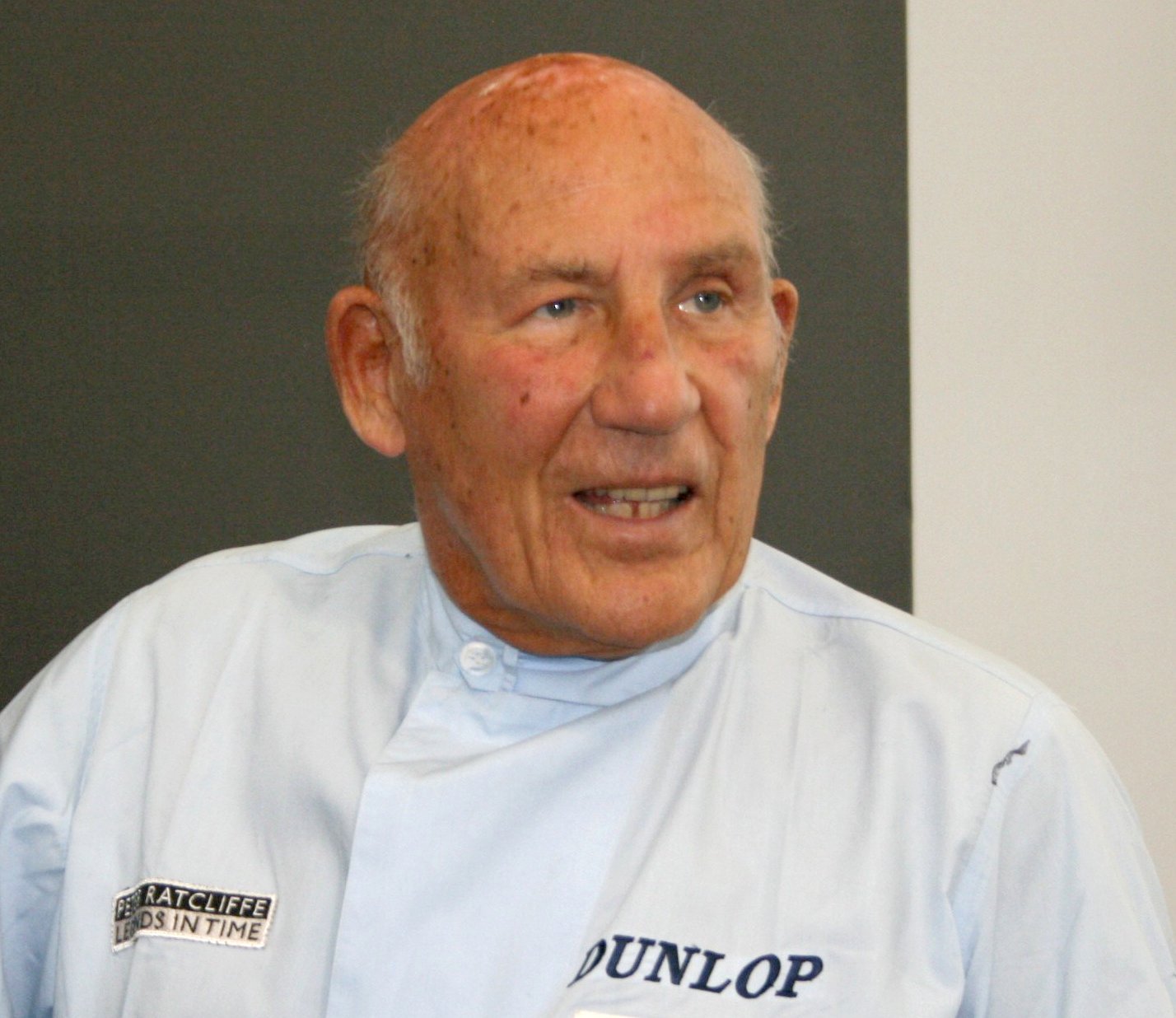 ian mcwilliams, CC BY 2.0, Wikimedia Commons
ian mcwilliams, CC BY 2.0, Wikimedia Commons
Niki Lauda (Austria)
James Hunt’s rival in the 2013 film Rush, Lauda bought a spot on an F1 team, hopped to Ferrari, toppled team leader Clay Regazzoni, and won the 1975 world title. After horrific burns the year after, he won in 1977, with his 1984 McLaren victory capping a great career.
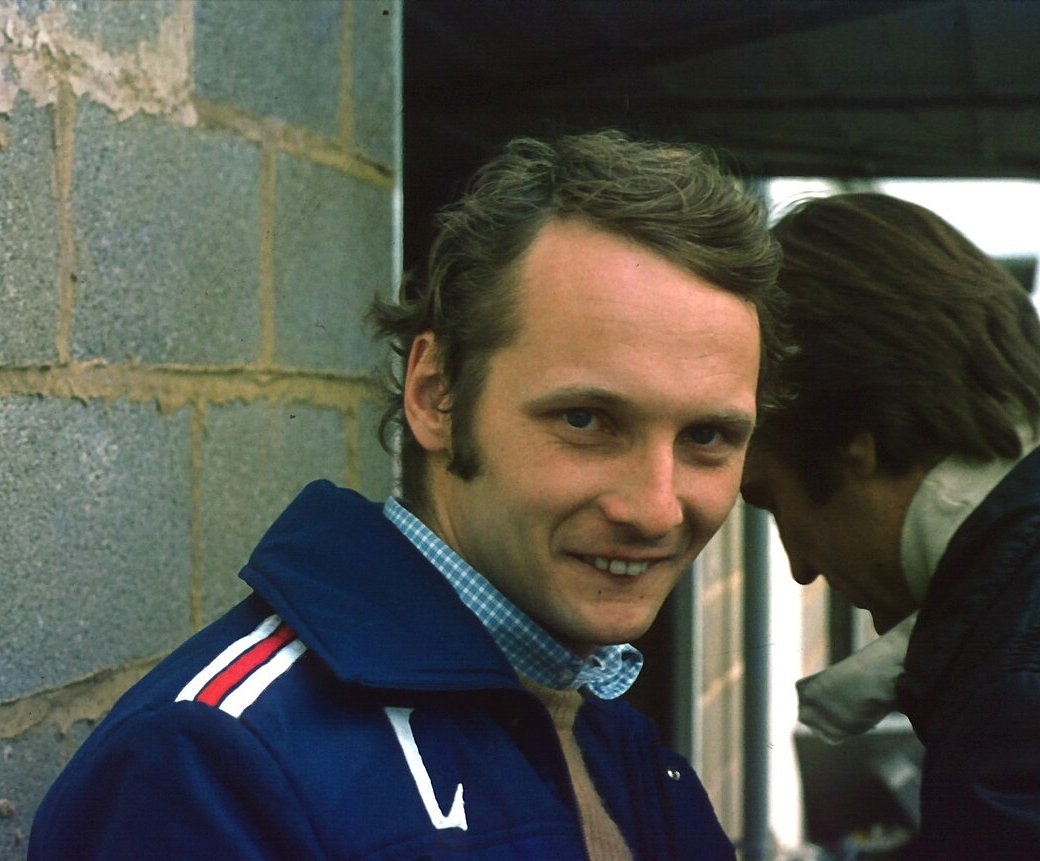 Gillfoto, CC BY-SA 3.0, Wikimedia Commons
Gillfoto, CC BY-SA 3.0, Wikimedia Commons
Jackie Stewart (UK)
Three-time World Champion Stewart has tirelessly pushed for better safety regulations. His title wins in 1969, 1971, and 1973 cemented his reputation for speed and strategic precision. An astonishing win at a very rainy 1968 German Grand Prix showed “The Flying Scot” could think on the fly too.
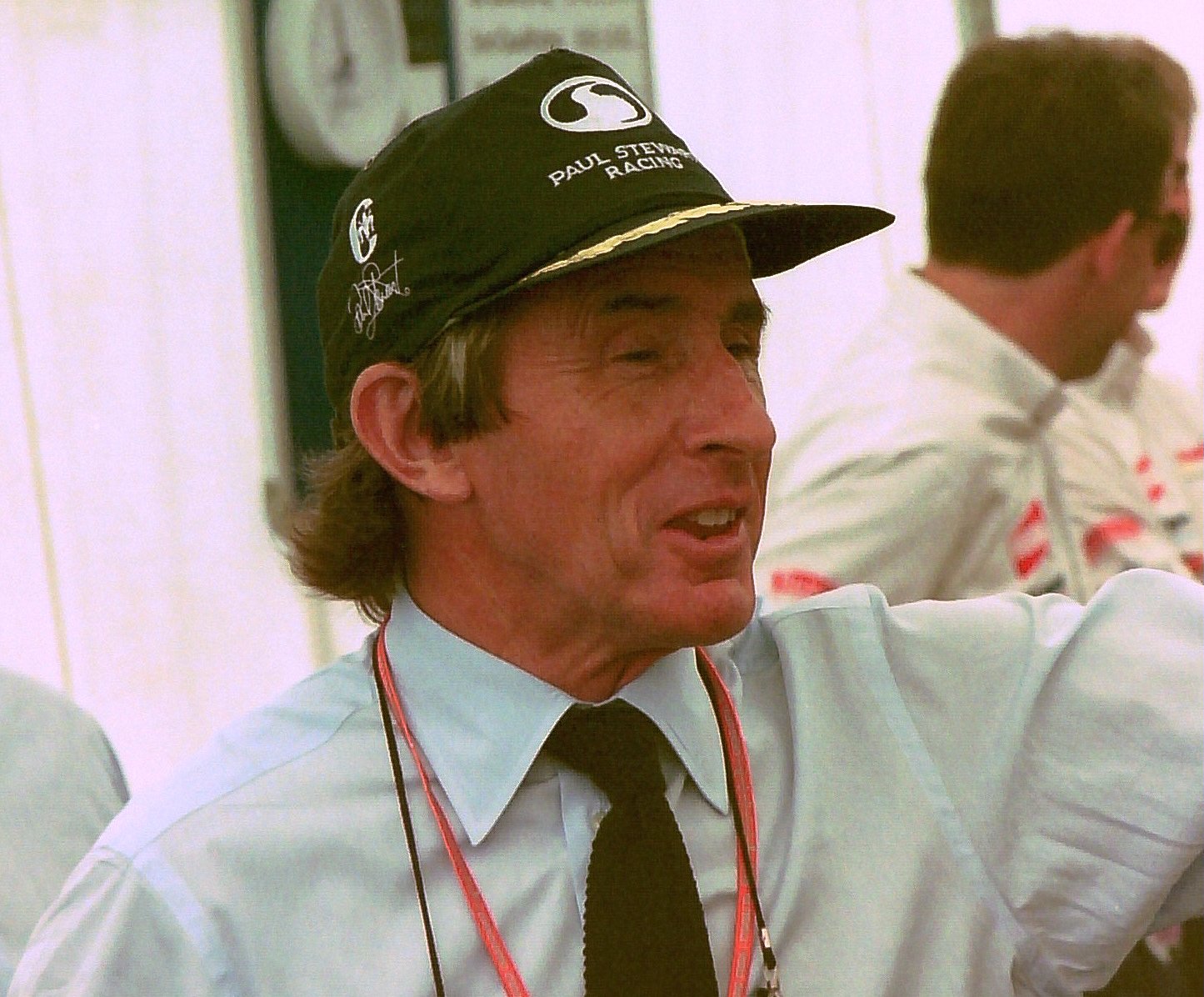 Martin Lee, CC BY-SA 2.0, Wikimedia Commons
Martin Lee, CC BY-SA 2.0, Wikimedia Commons
Jim Clark (UK)
Favored by boss Colin Chapman, Clark often had the fastest Lotus, but that wasn’t enough to win the Championship against better-equipped teams. However, in 1968, his Lotus 49 was competitive, with a title win in the cards, but the 32-year-old lost his life in a Formula 2 race.
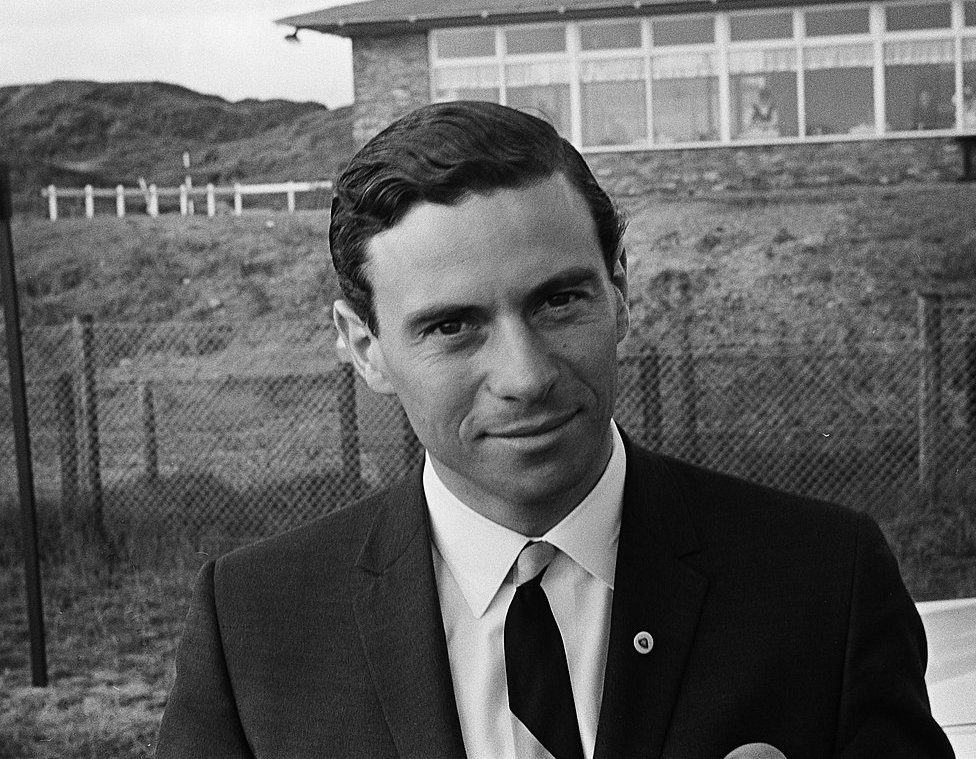 Onbekend, CC0, Wikimedia Commons
Onbekend, CC0, Wikimedia Commons
Alain Prost (France)
“Le professeur” won the crown in 1985 and 1986 after lessons learned losing to McLaren teammate Niki Lauda in 1984. Collisions in 1989 and 1990 had him alternate title wins with teammate Ayrton Senna, and he retired in 1993 after his final Championship triumph.
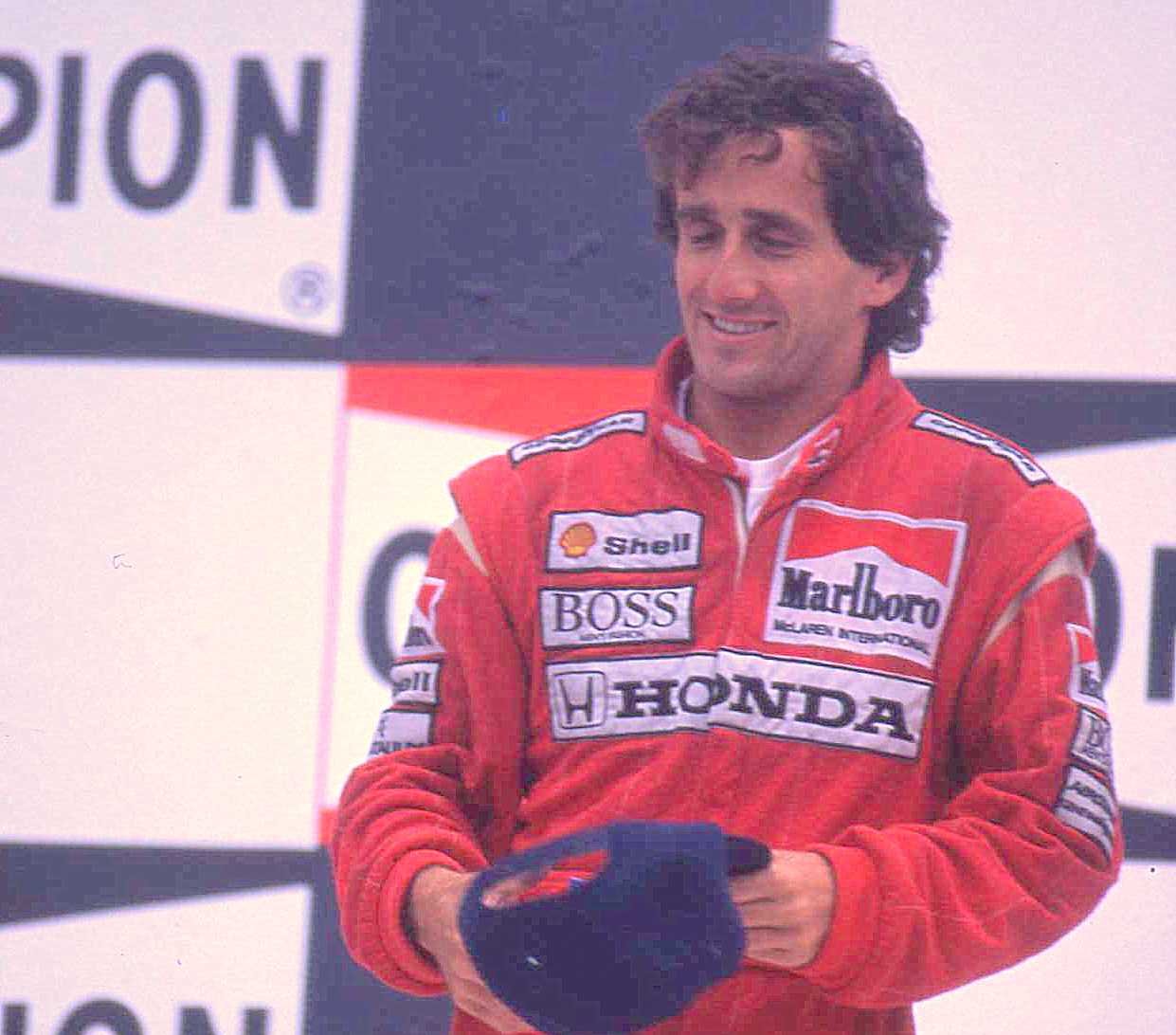 madagascarica, CC BY 2.0, Wikimedia Commons
madagascarica, CC BY 2.0, Wikimedia Commons
Juan Manuel Fangio (Argentina)
A five-time World Champion in the 1950s, “El Maestro” won 24 of his 51 Grands Prix. He drove the best equipment of the era—Alfa Romeos, Maseratis, Mercedes-Benz, and Ferraris—but he had true talent too, with his record-breaking laps at the 1957 German Grand Prix particularly striking.
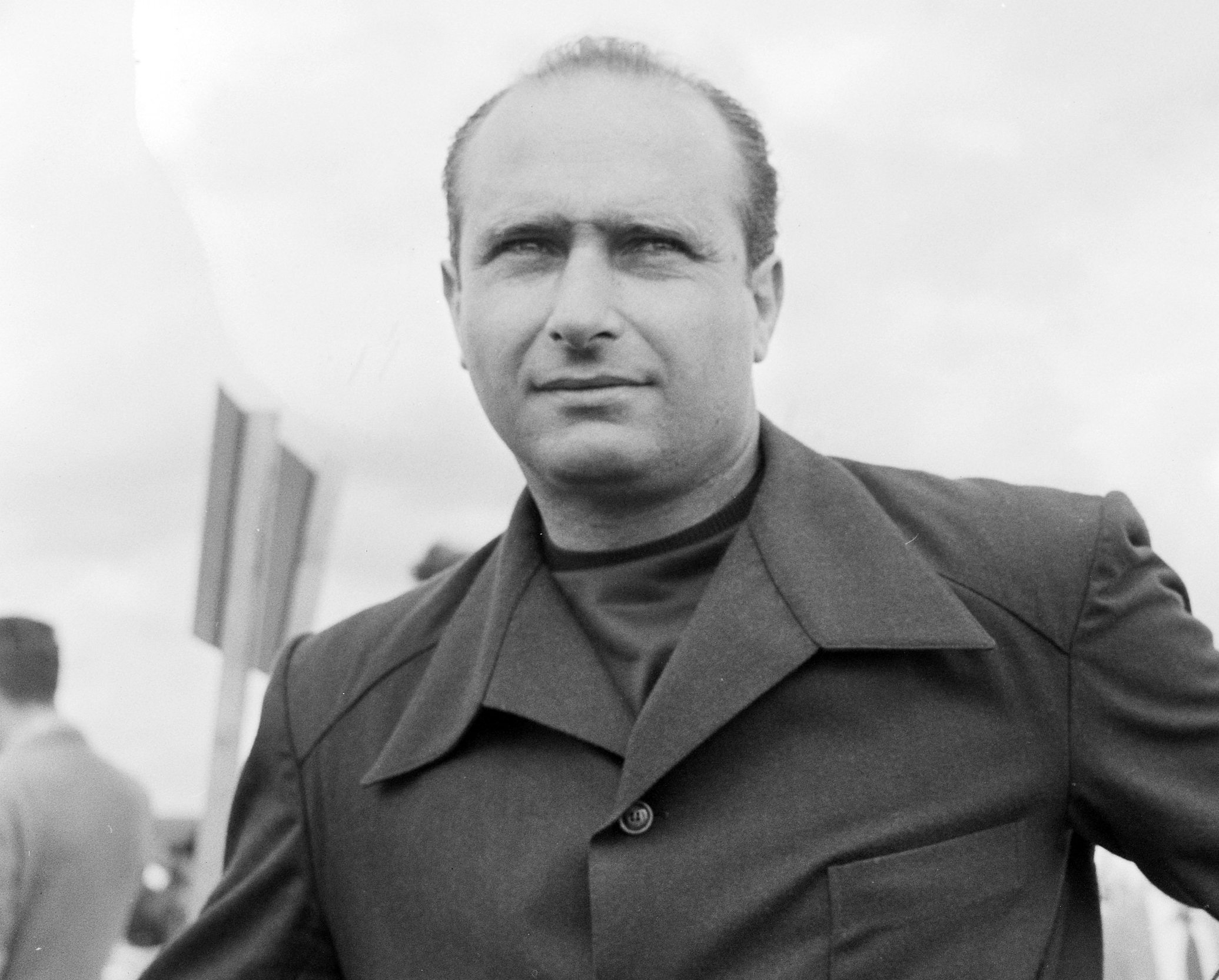 Bjorn Fjortoft, CC BY-SA 4.0, Wikimedia Commons
Bjorn Fjortoft, CC BY-SA 4.0, Wikimedia Commons
Max Verstappen (Netherlands)
Breaking records from the very start, in 2015, the 17-year-old Verstappen became the youngest-ever Formula 1 driver, and at 18 he was youngest to win a Grand Prix. Driving for Red Bull, he secured Championship victories in 2021, 2022, and 2023, and seems unstoppable.
Lewis Hamilton (UK)
McLaren noticed 10-year-old Hamilton when he was kart racing, years later pairing him with Fernando Alonso on its F1 line-up. A quick starter, Hamilton had a podium win at his very first Grand Prix. He’s tied with Michael Schumacher for a record seven World Championship wins.
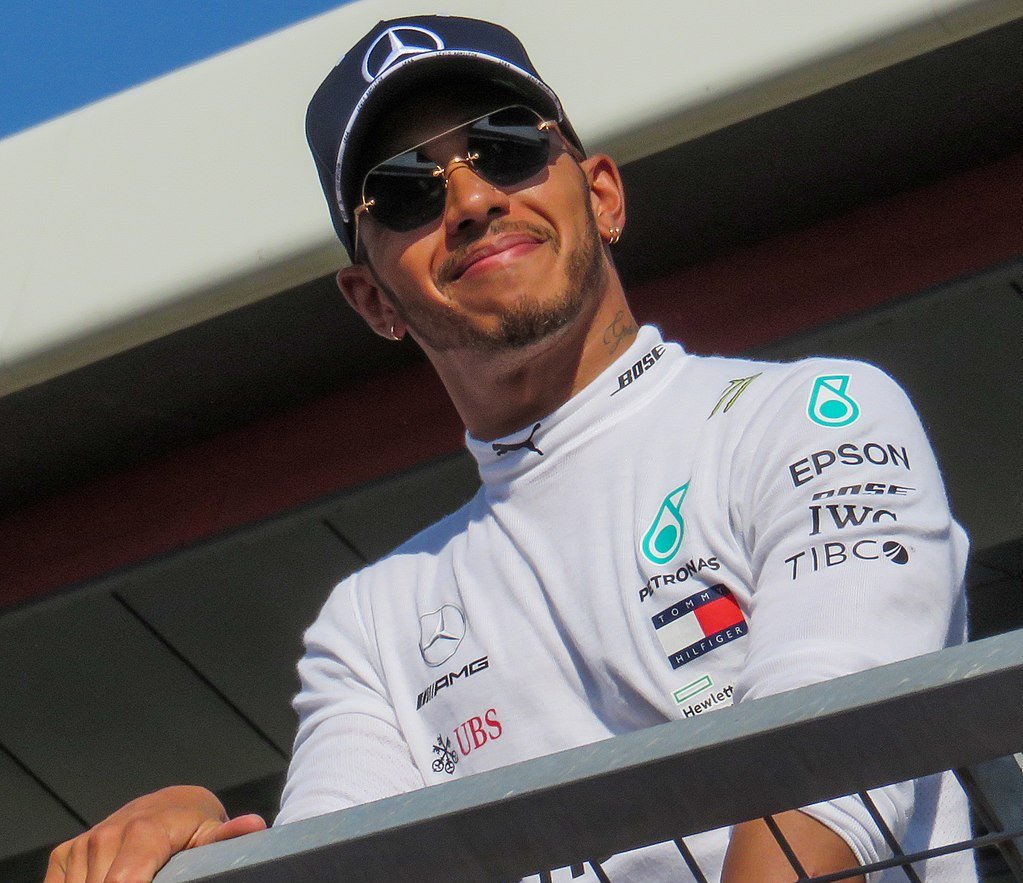 Jen_ross83, CC BY 2.0, Wikimedia Commons
Jen_ross83, CC BY 2.0, Wikimedia Commons
Michael Schumacher (Germany)
World Champion in 1994, 1995, and every year from 2000 to 2004, seven-time title winner Schumacher tops F1 statistics. He was particularly renowned for his physical agility and bursts of speed at critical moments, but has been out of the public eye since a skiing accident in 2014.
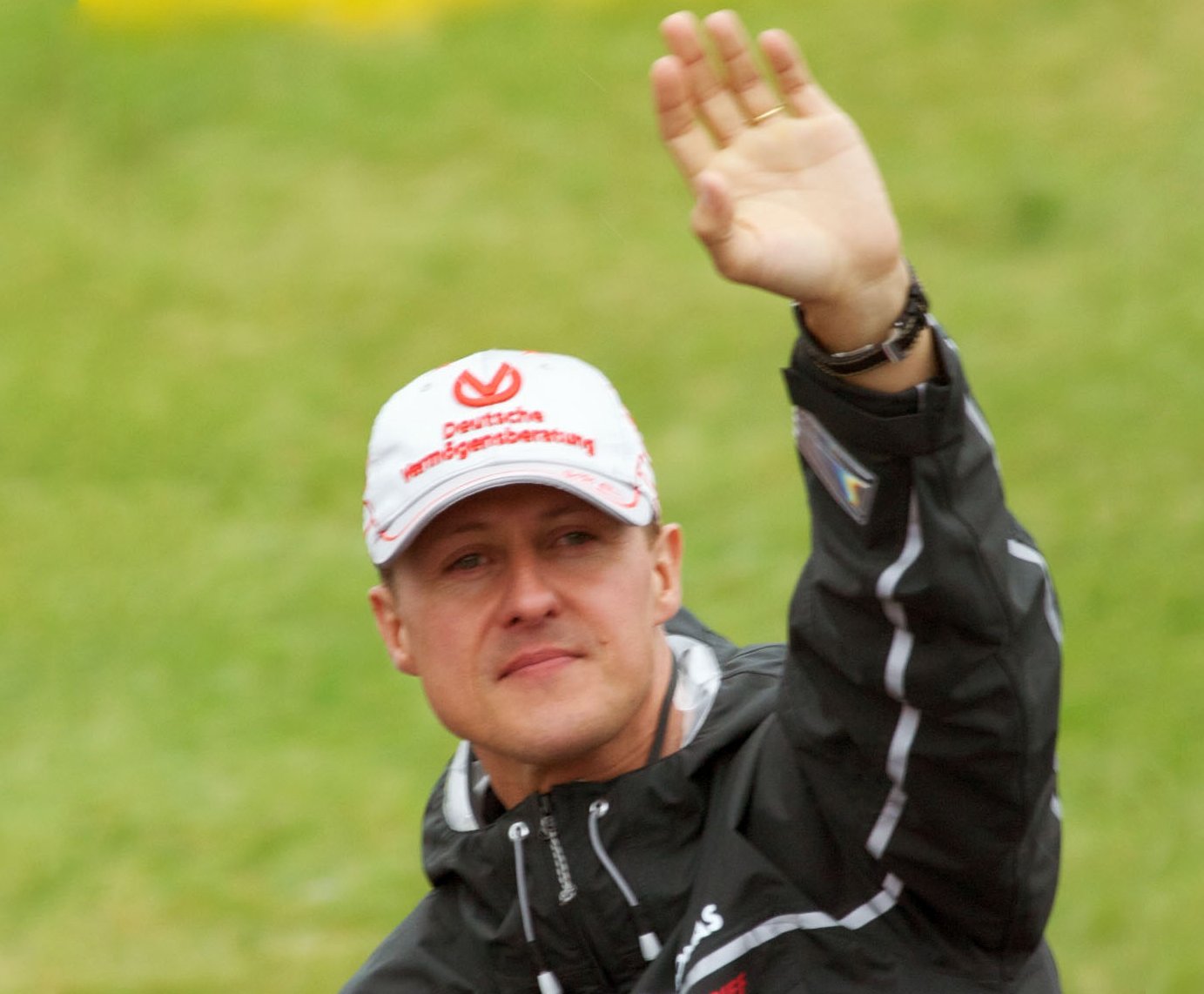 Mark McArdle, CC BY-SA 2.0, Wikimedia Commons
Mark McArdle, CC BY-SA 2.0, Wikimedia Commons
Ayrton Senna (Brazil)
Speeding to the lead, the charismatic Brazilian exuded a polarizing self-confidence, his rivalry with Alain Prost being the stuff of legend. Claiming to be the greatest, Senna won the world title in 1988, 1990, and 1991, with his life and career cut short at the 1994 San Marino Grand Prix.
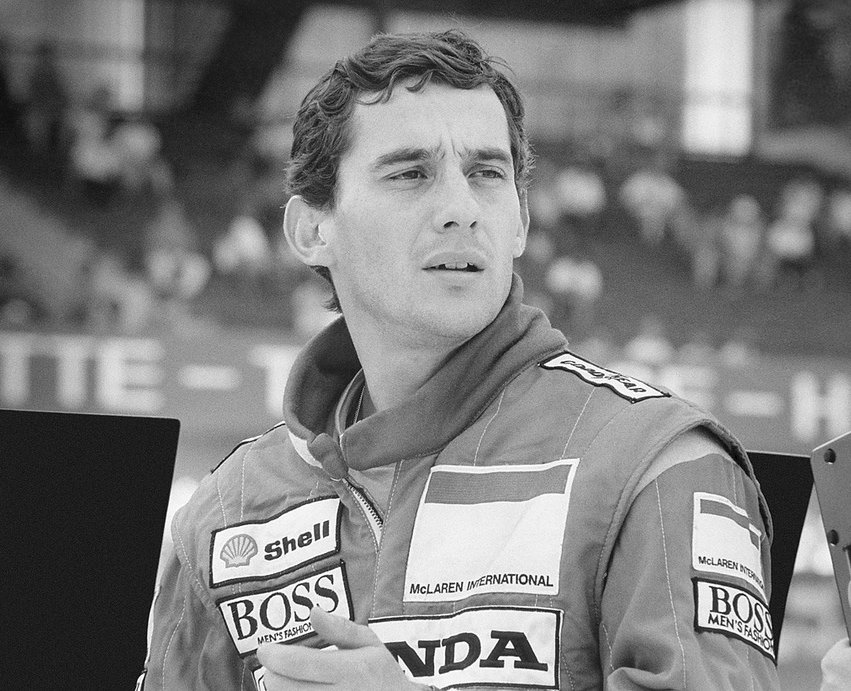 Instituto Ayrton Senna, CC BY 2.0, Wikimedia Commons
Instituto Ayrton Senna, CC BY 2.0, Wikimedia Commons
What If?
As commentator Murray Walker has said, “If is a very long word in Formula 1. In fact, if is F1 spelled backwards”. Talent, effort, and luck—good or bad—can see a racer’s promise fulfilled or tragically cut short. Only the future will tell where today’s leading drivers end up at the finish.
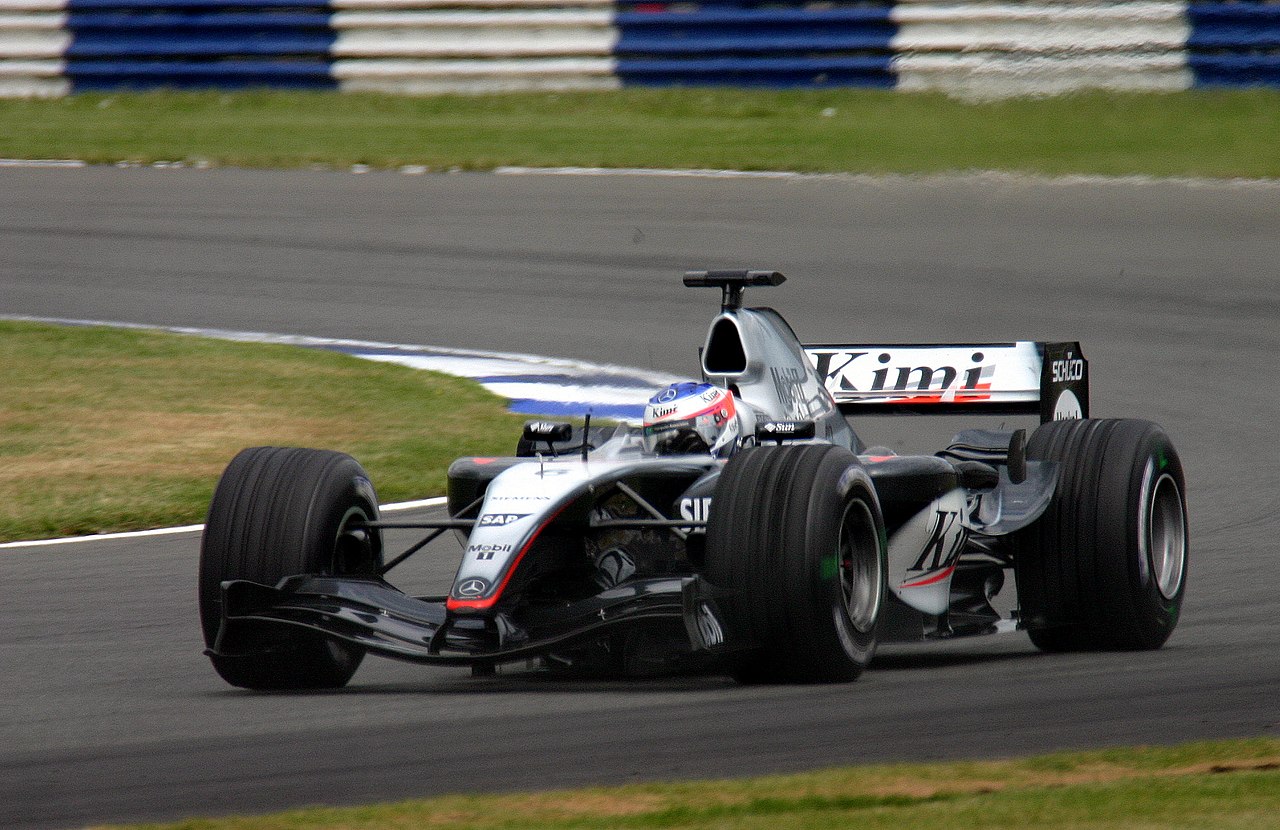 Martin Lee, CC BY-SA 2.0, Wikimedia Commons
Martin Lee, CC BY-SA 2.0, Wikimedia Commons

